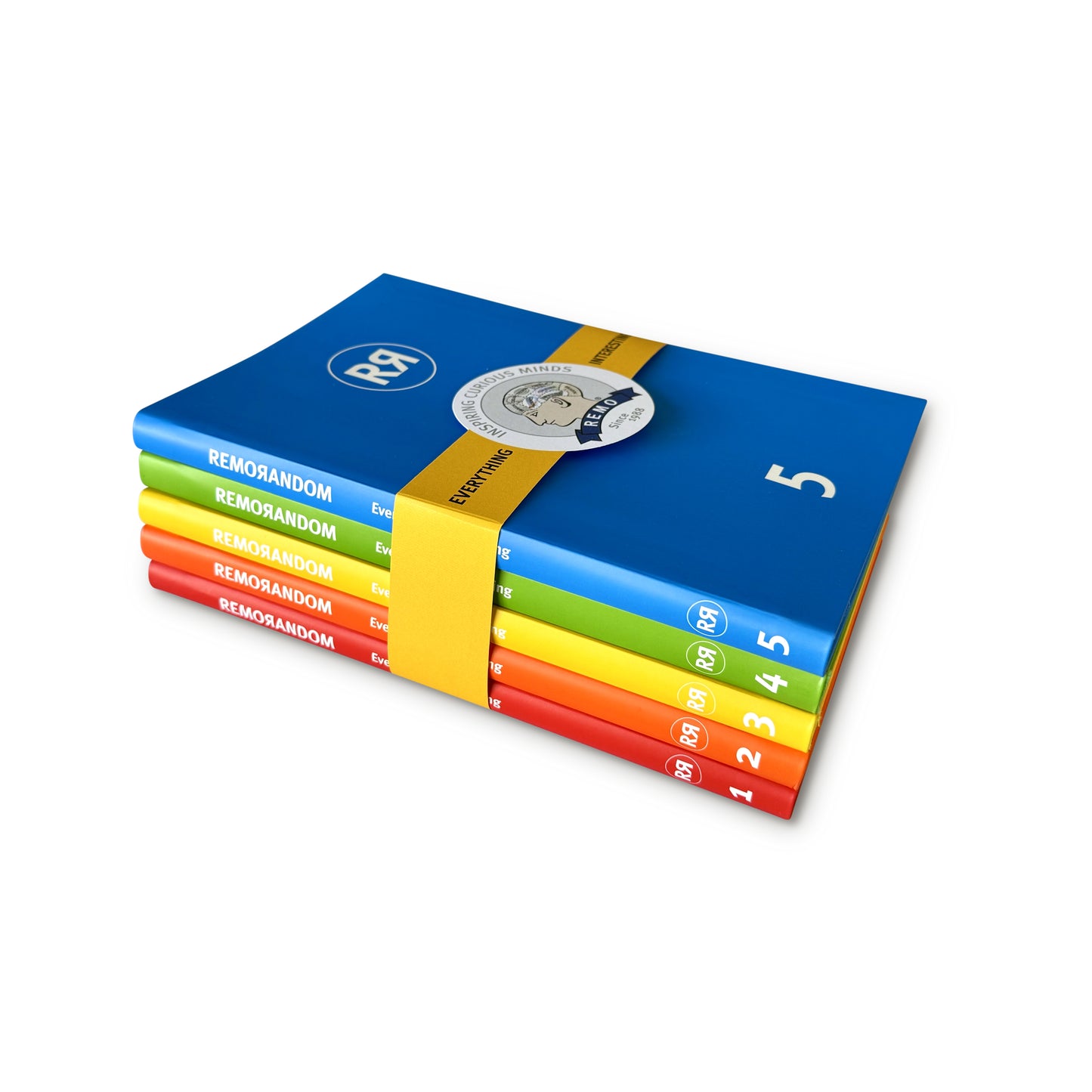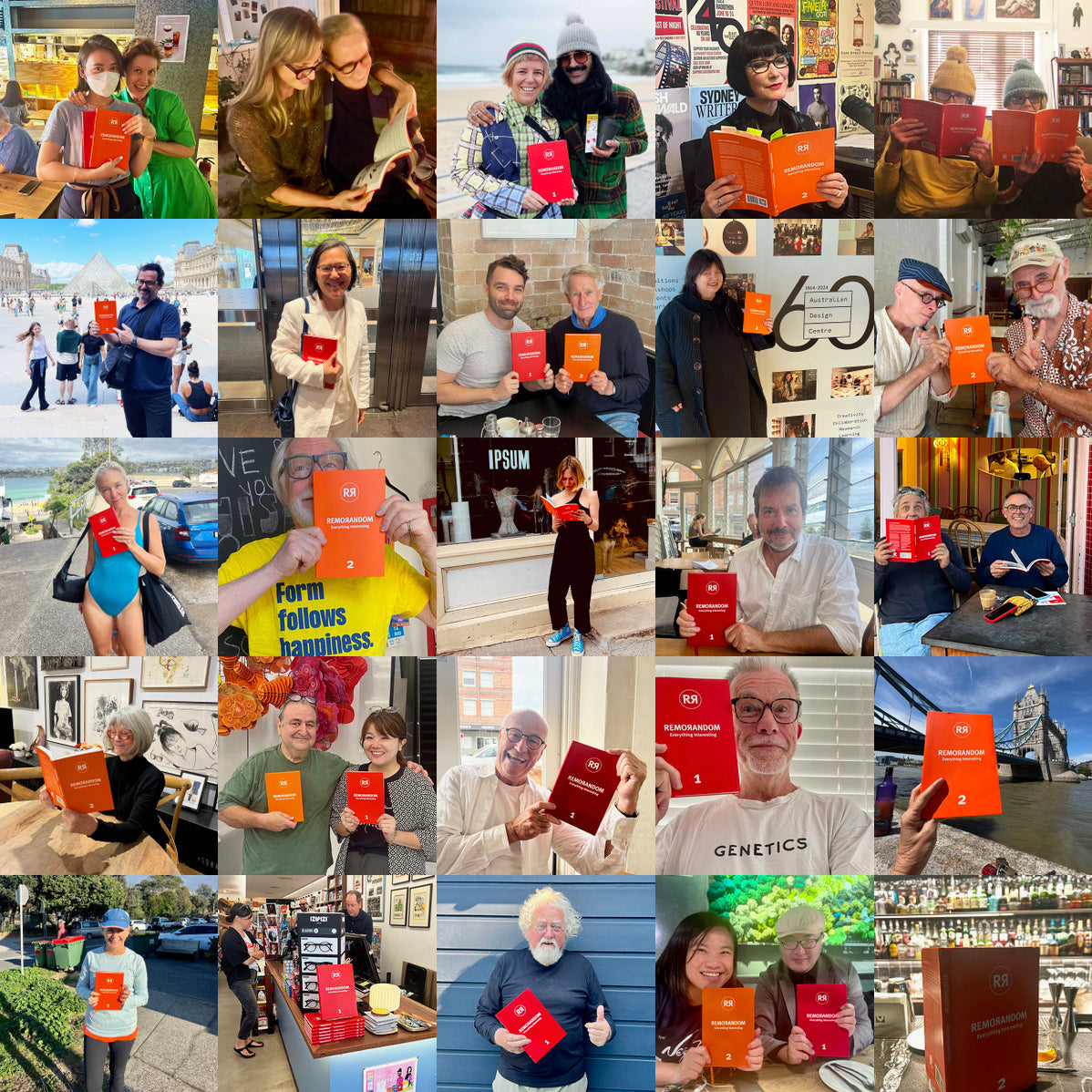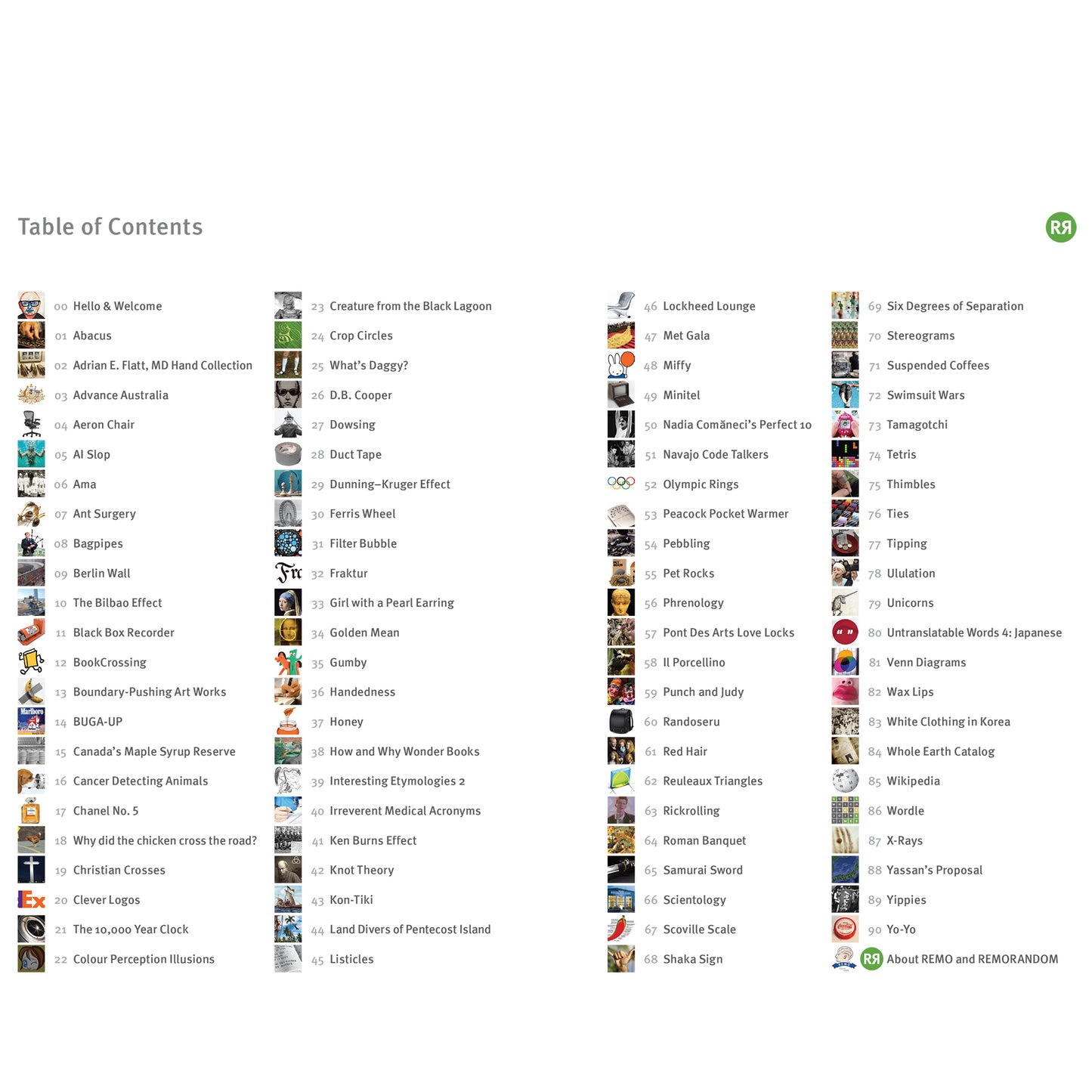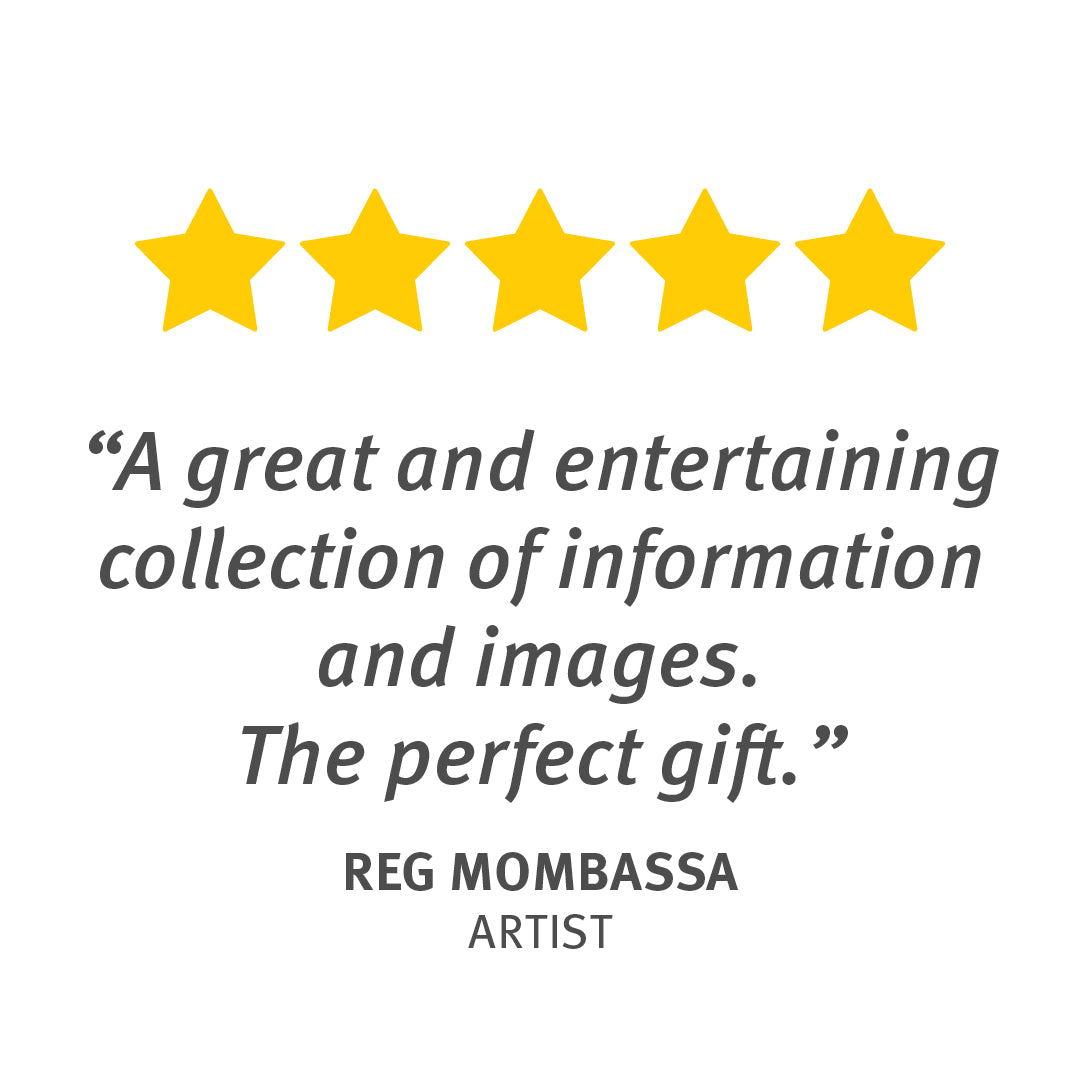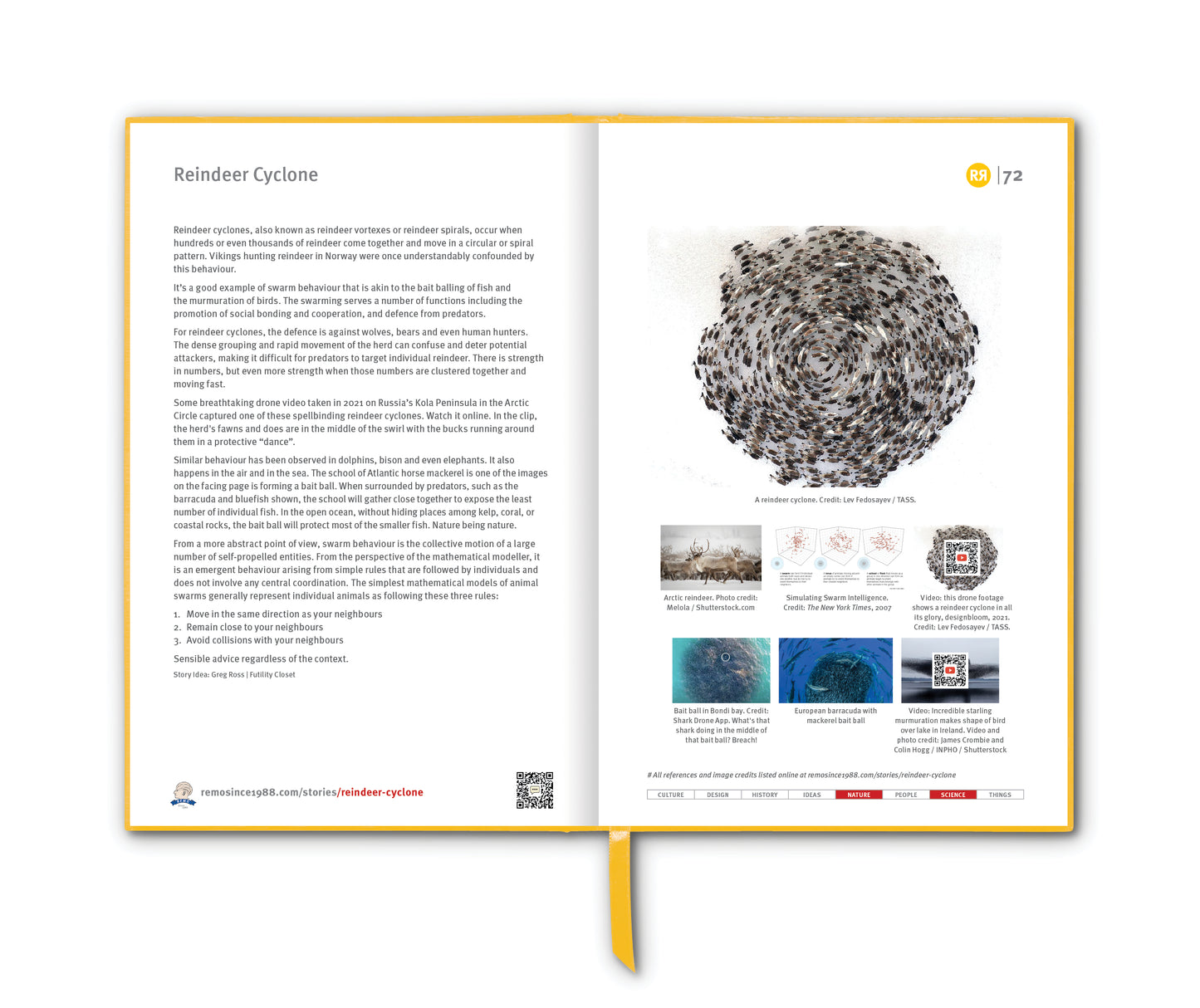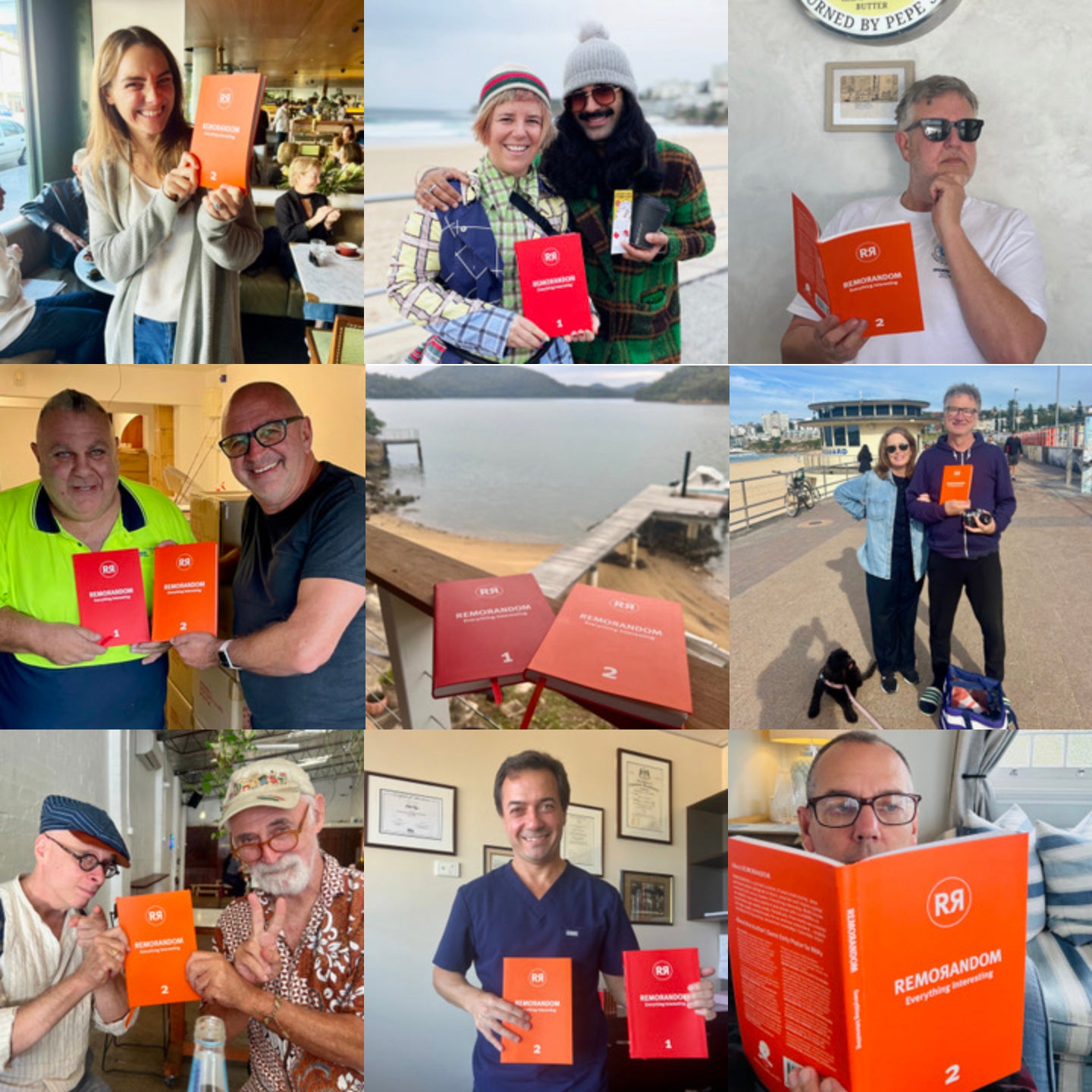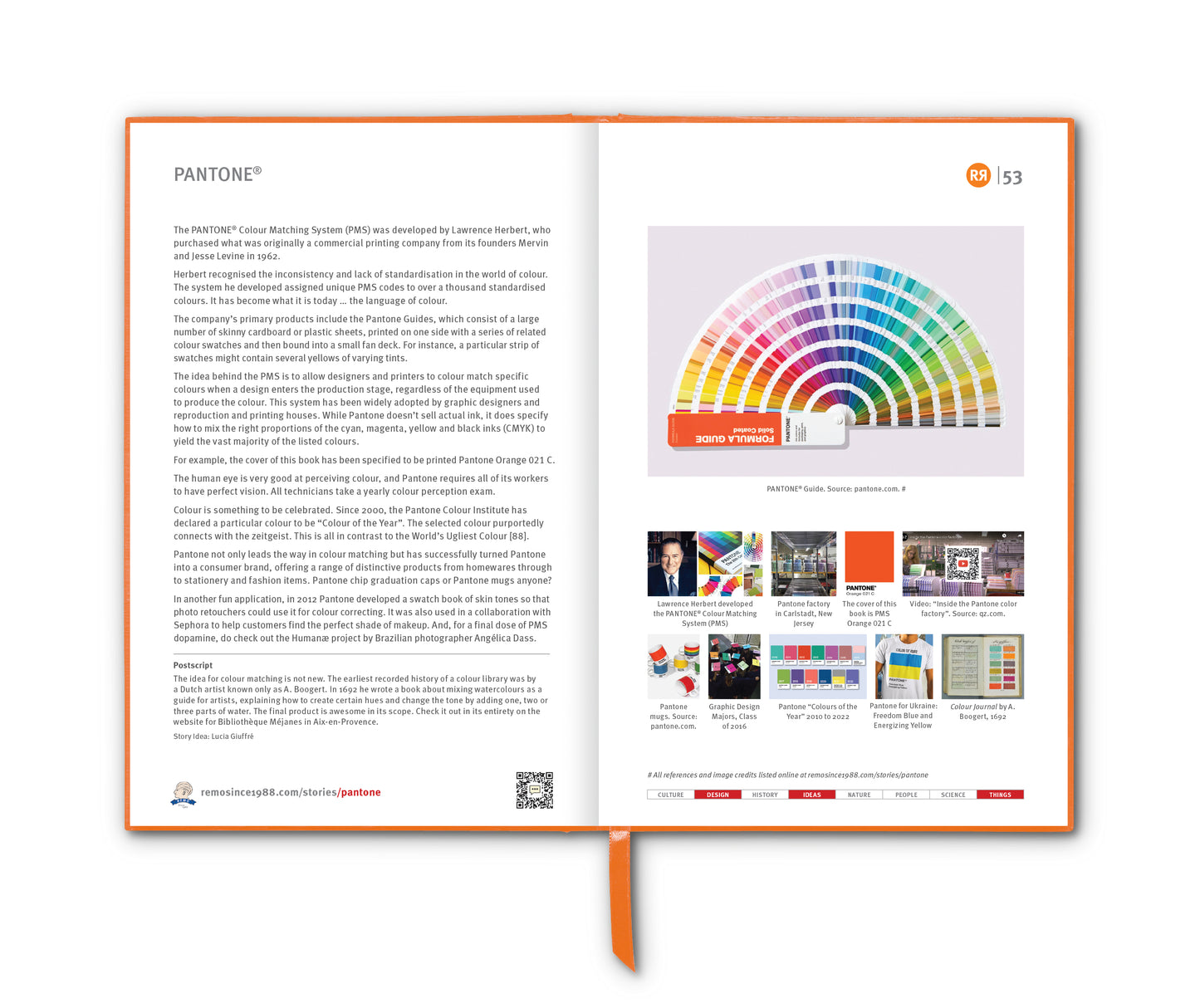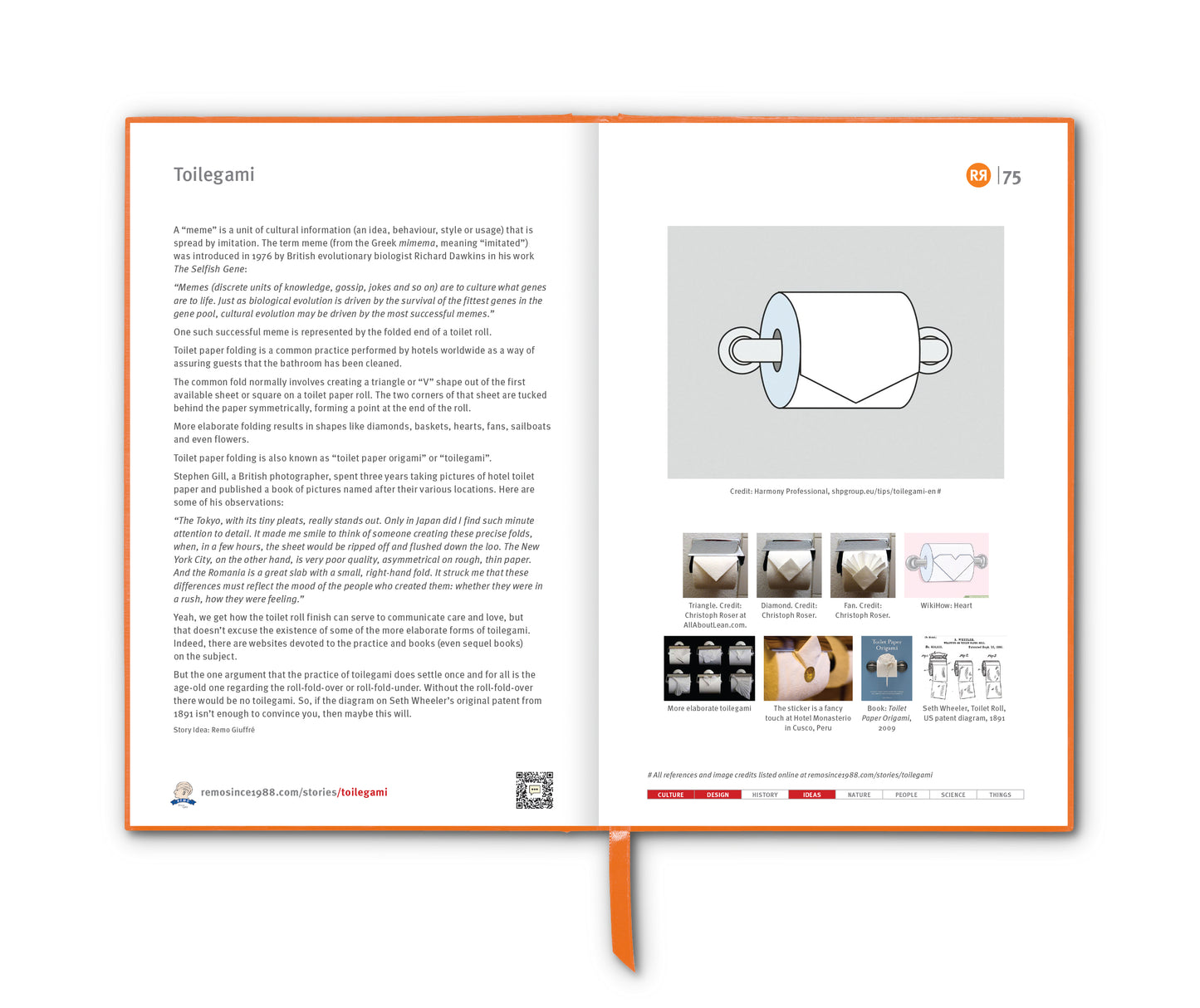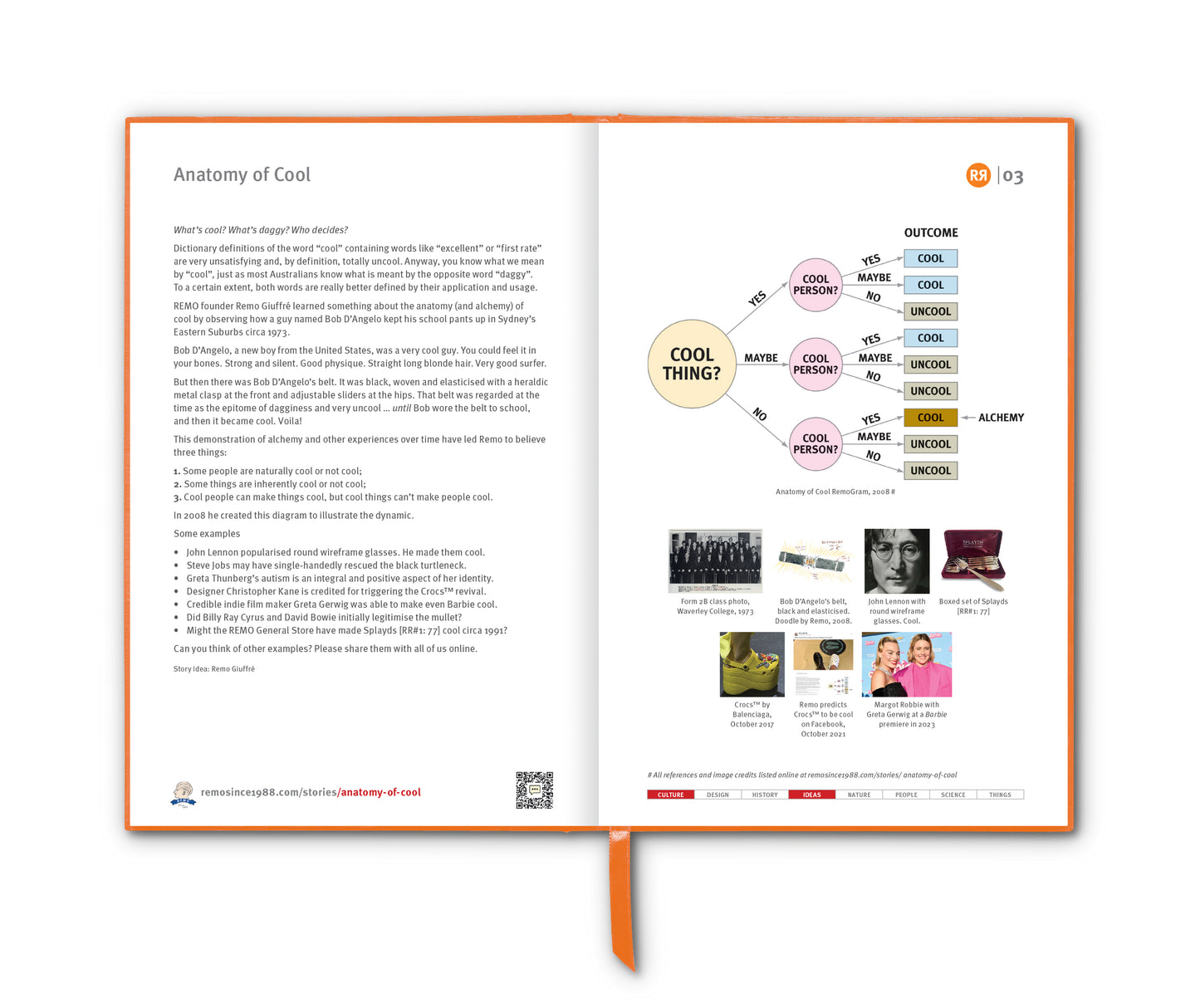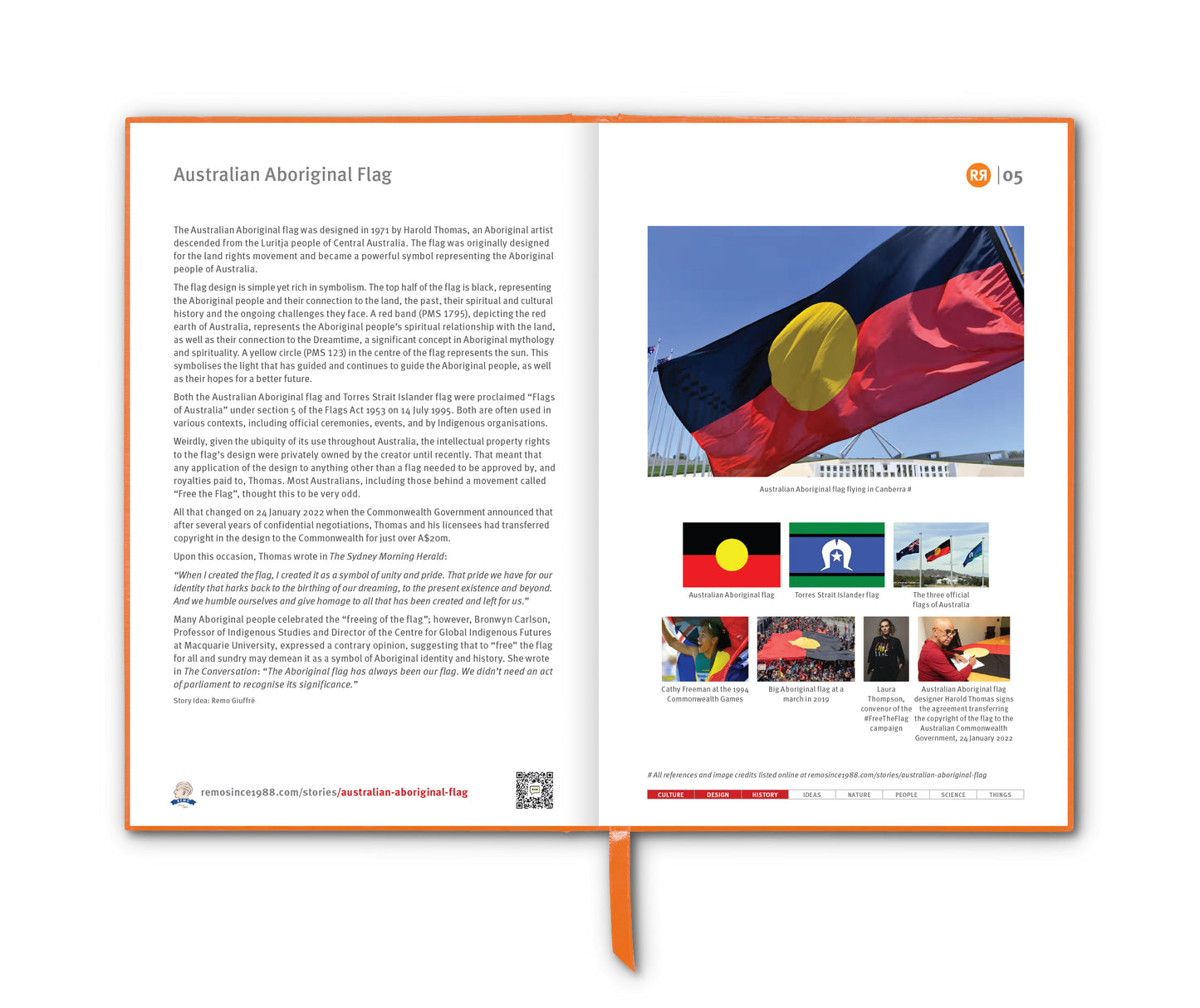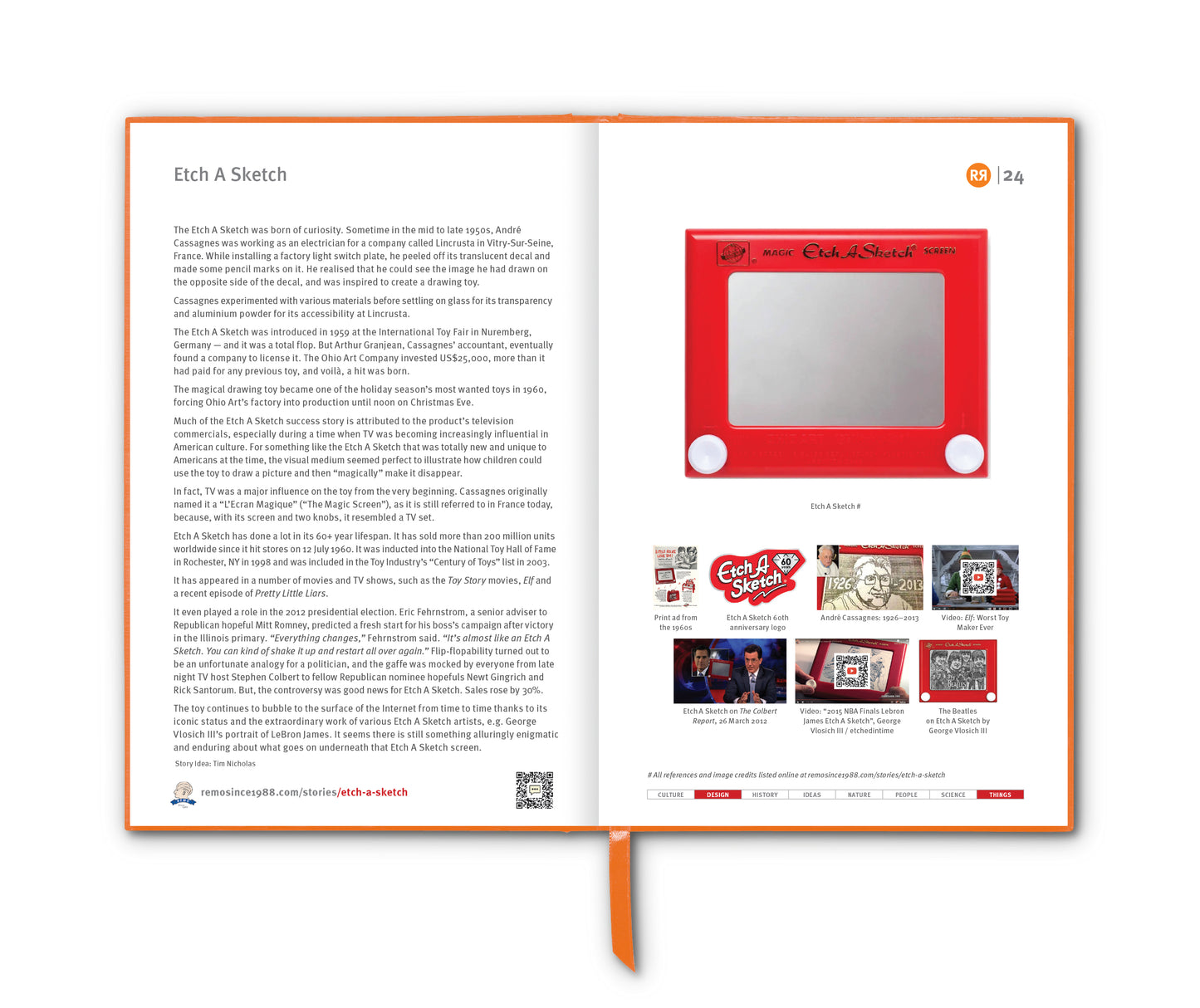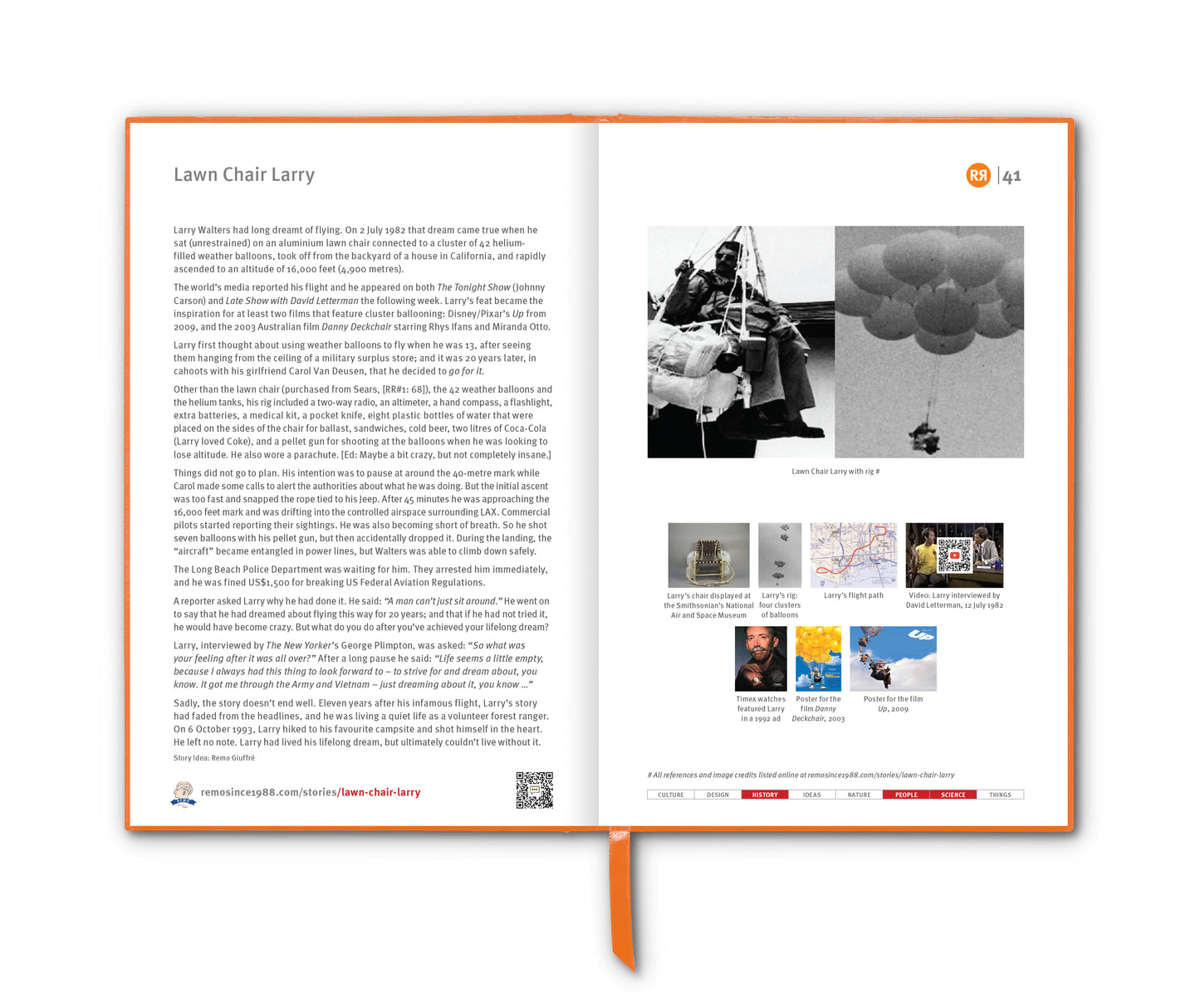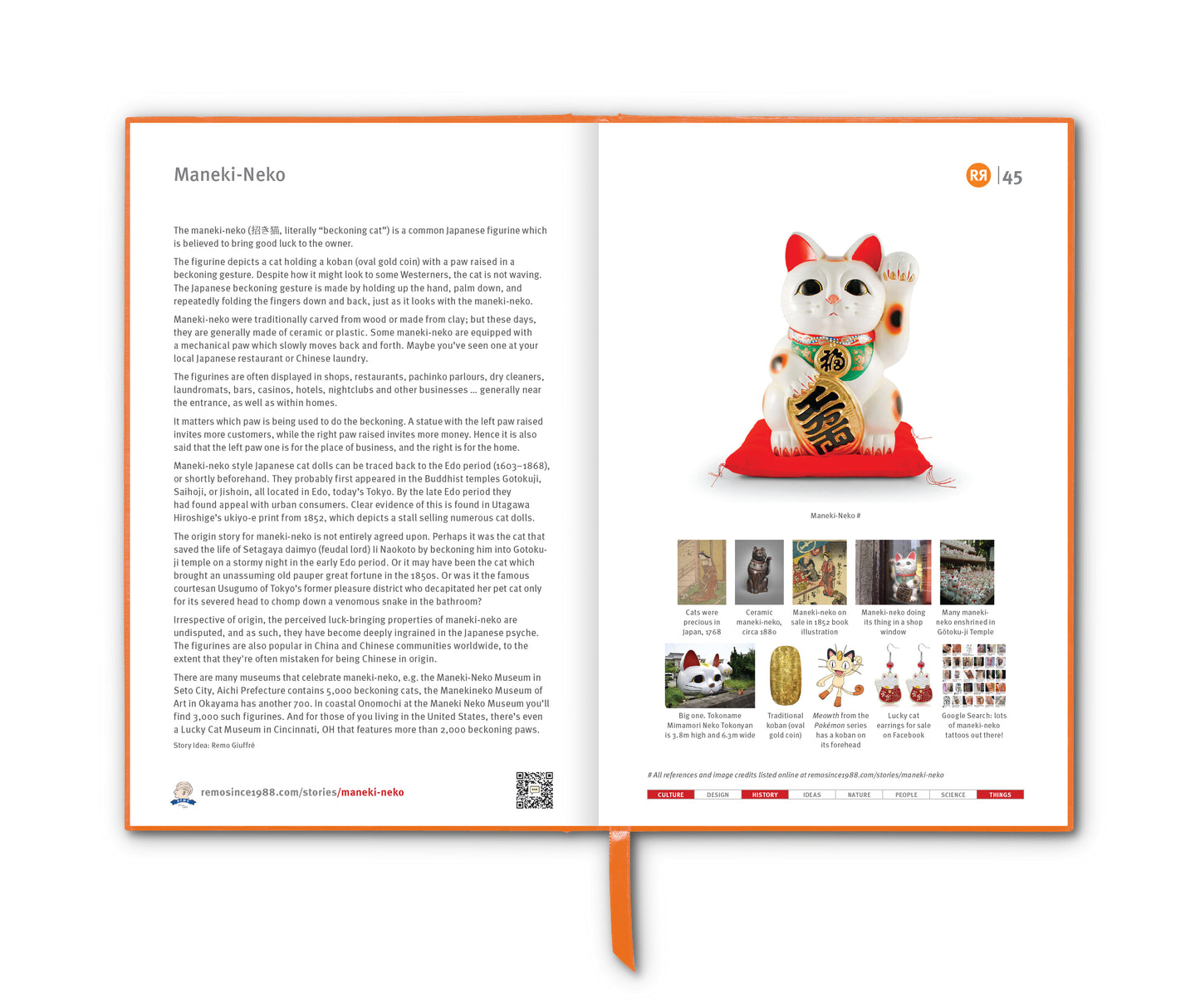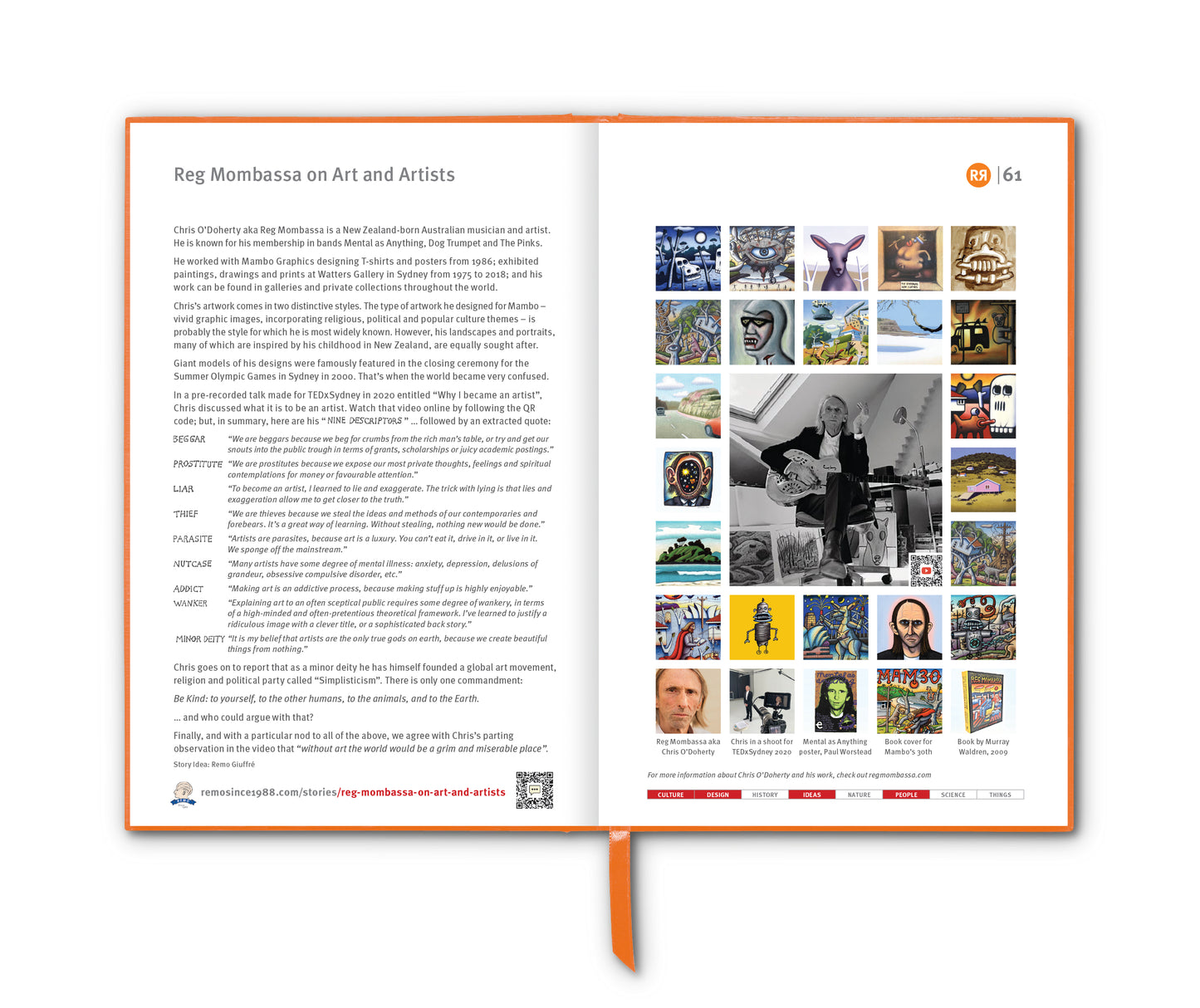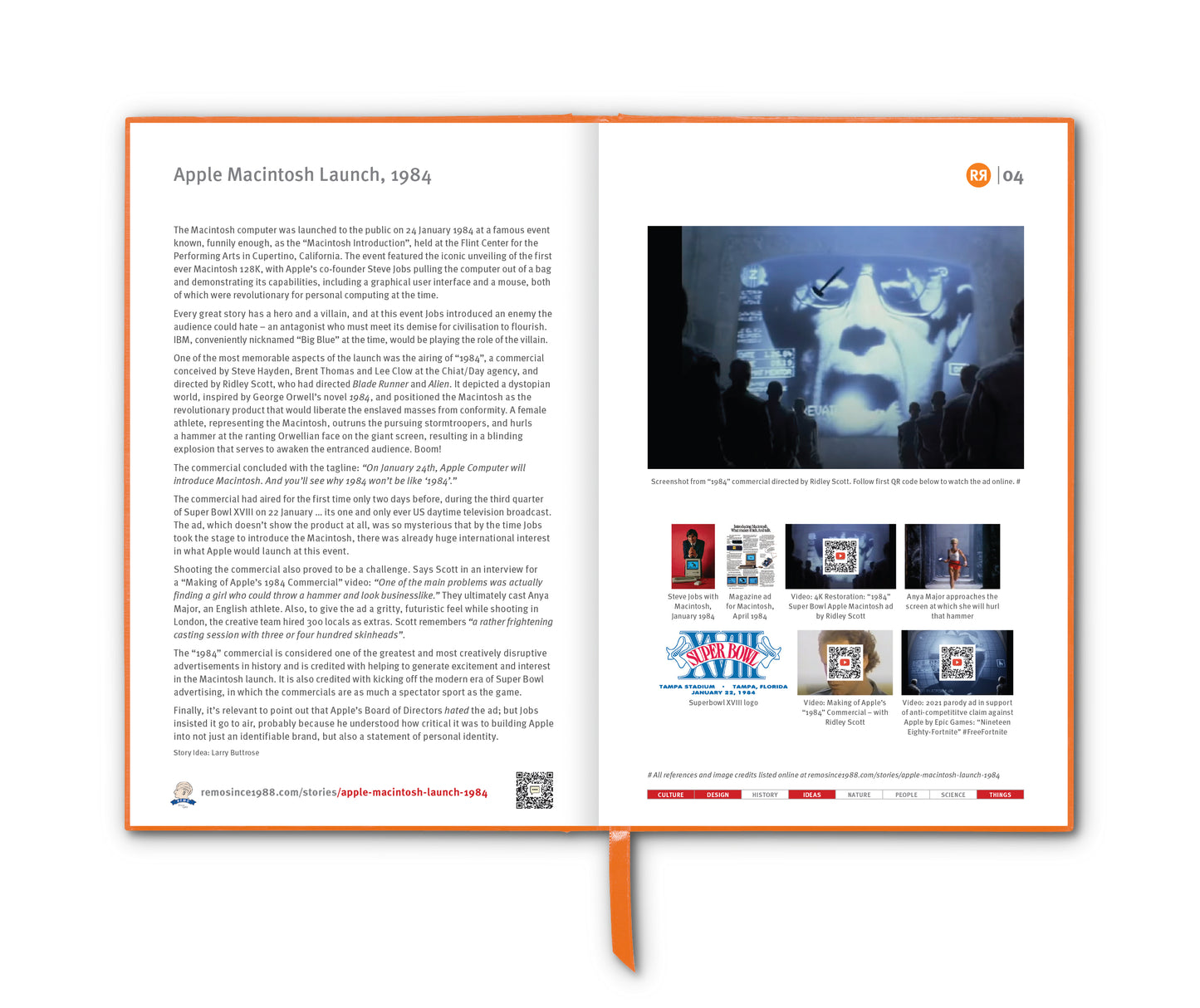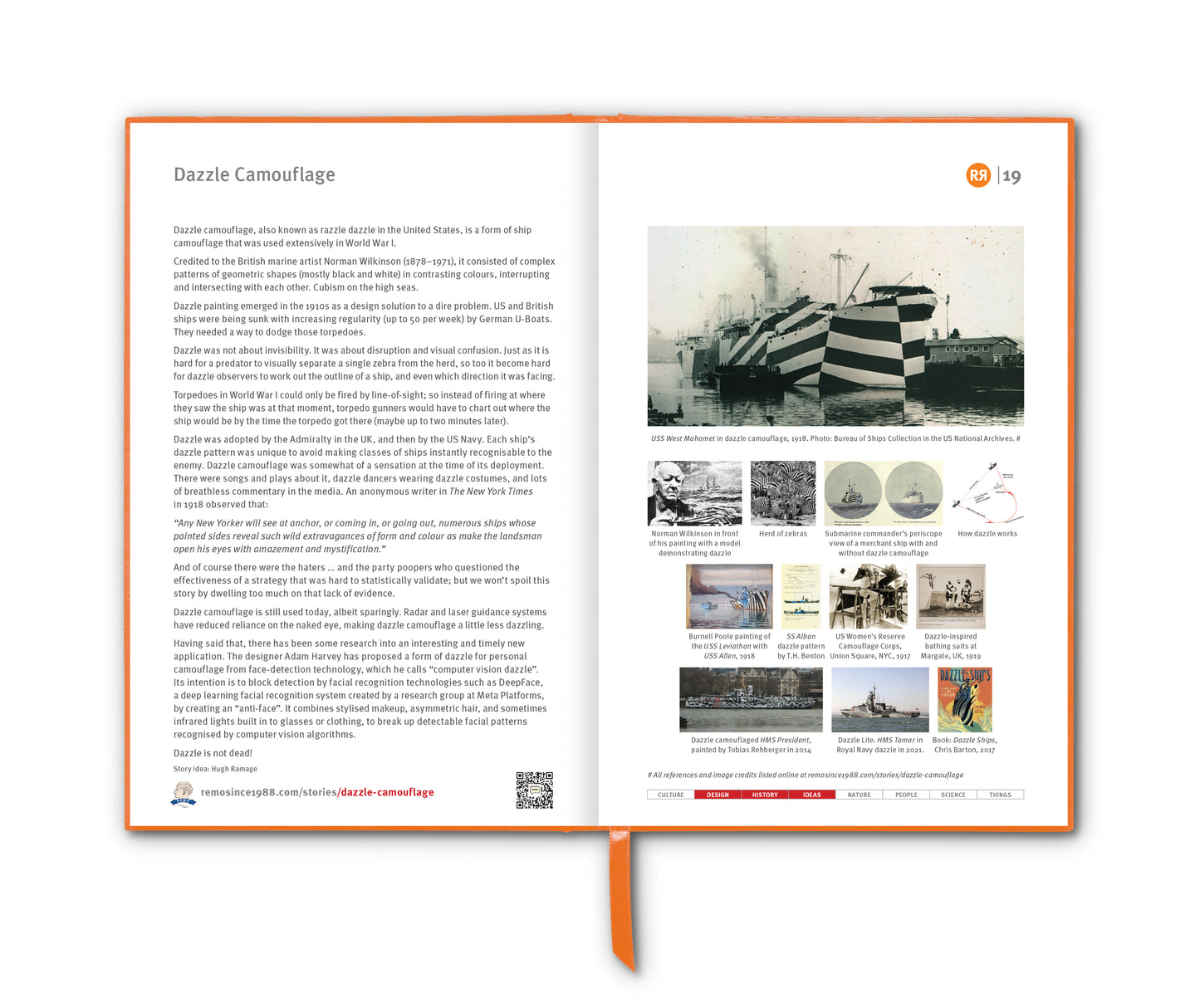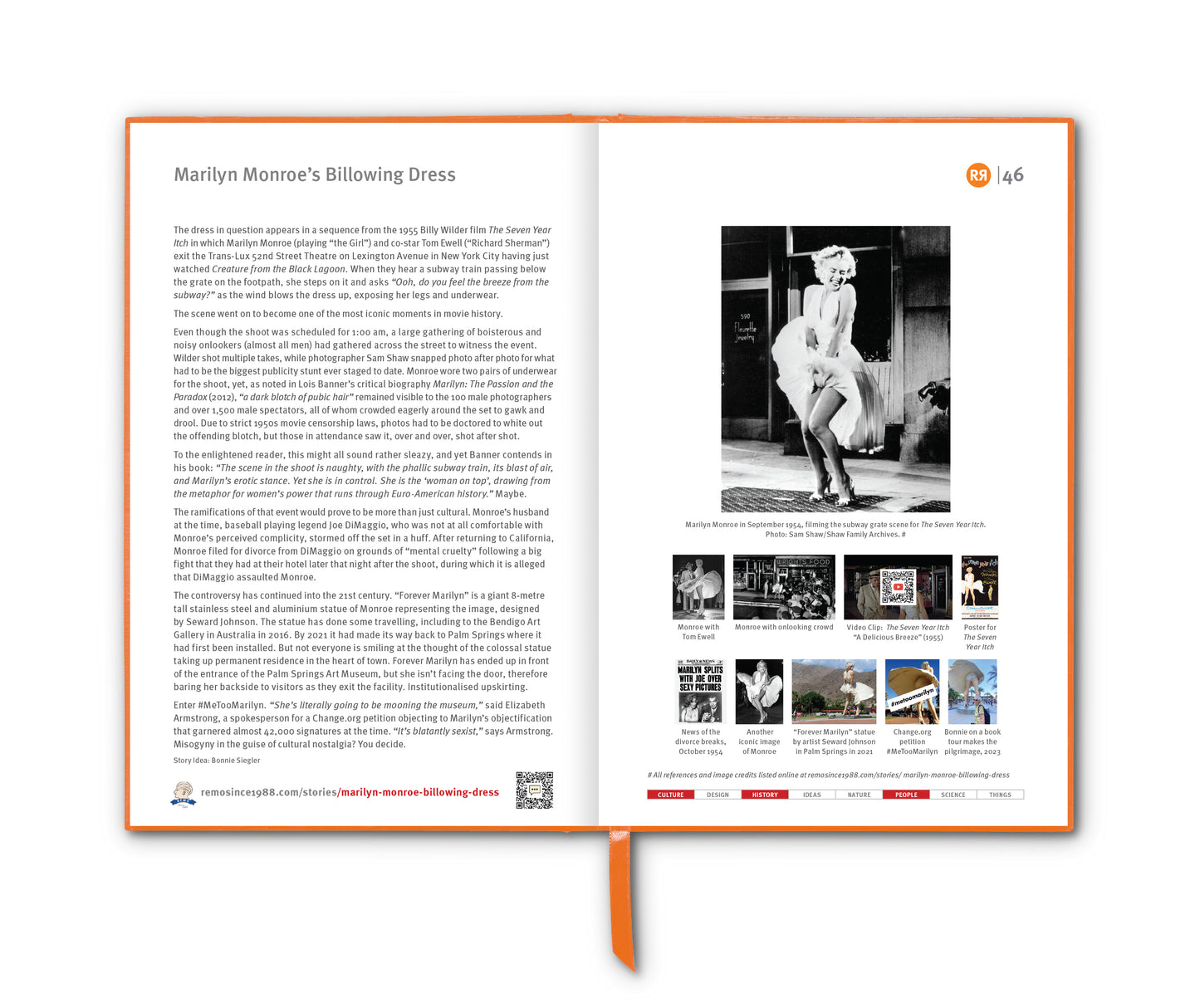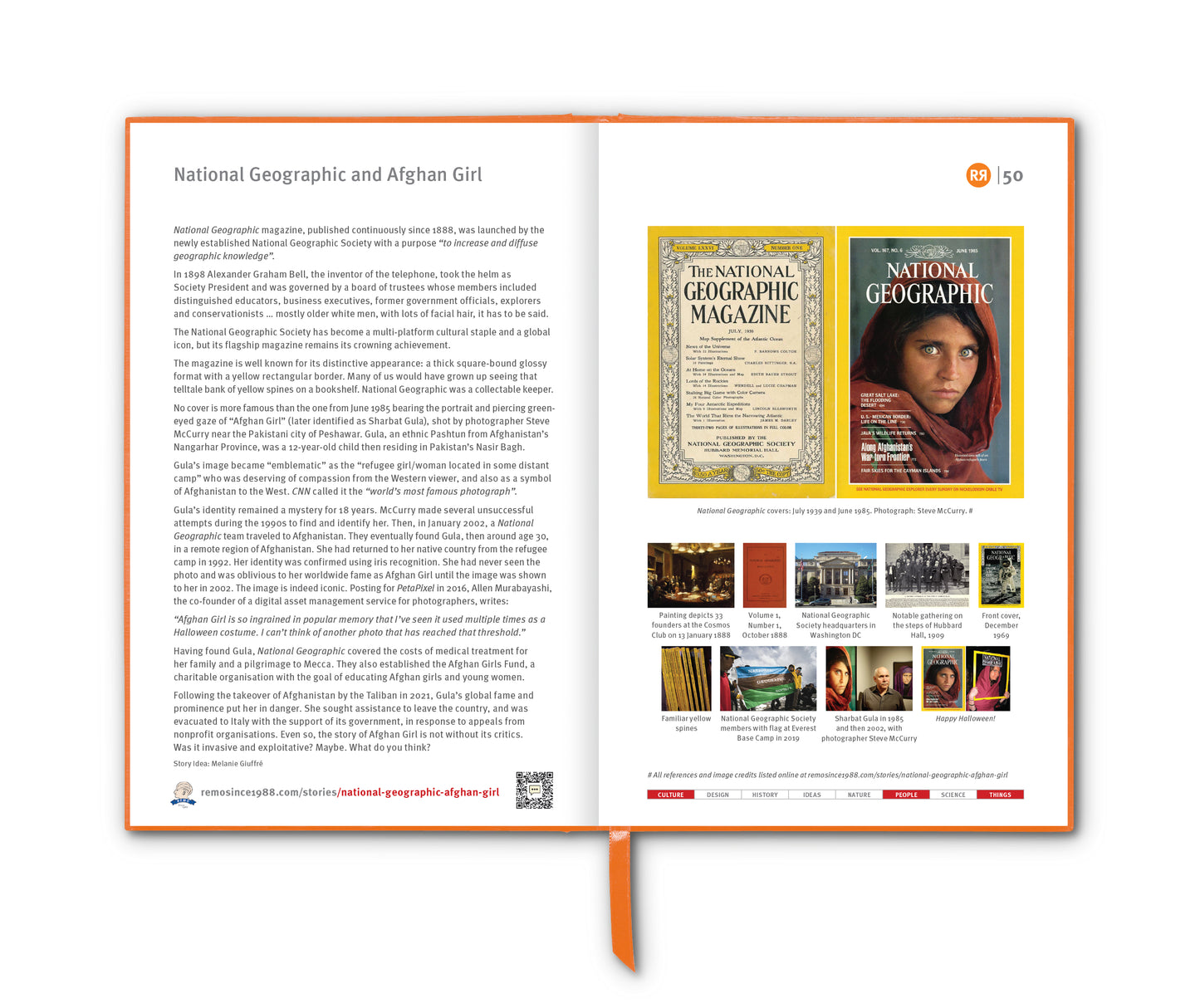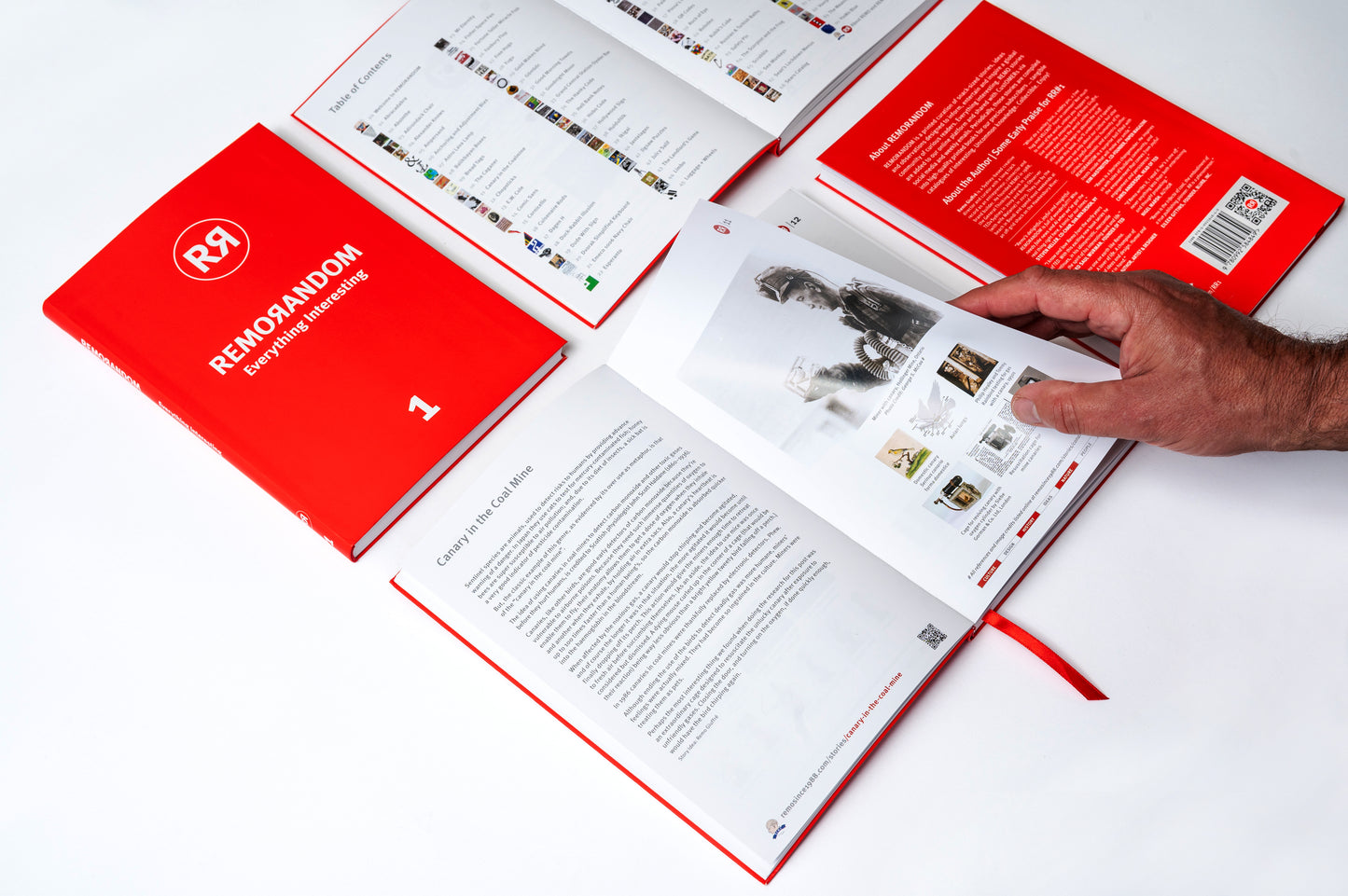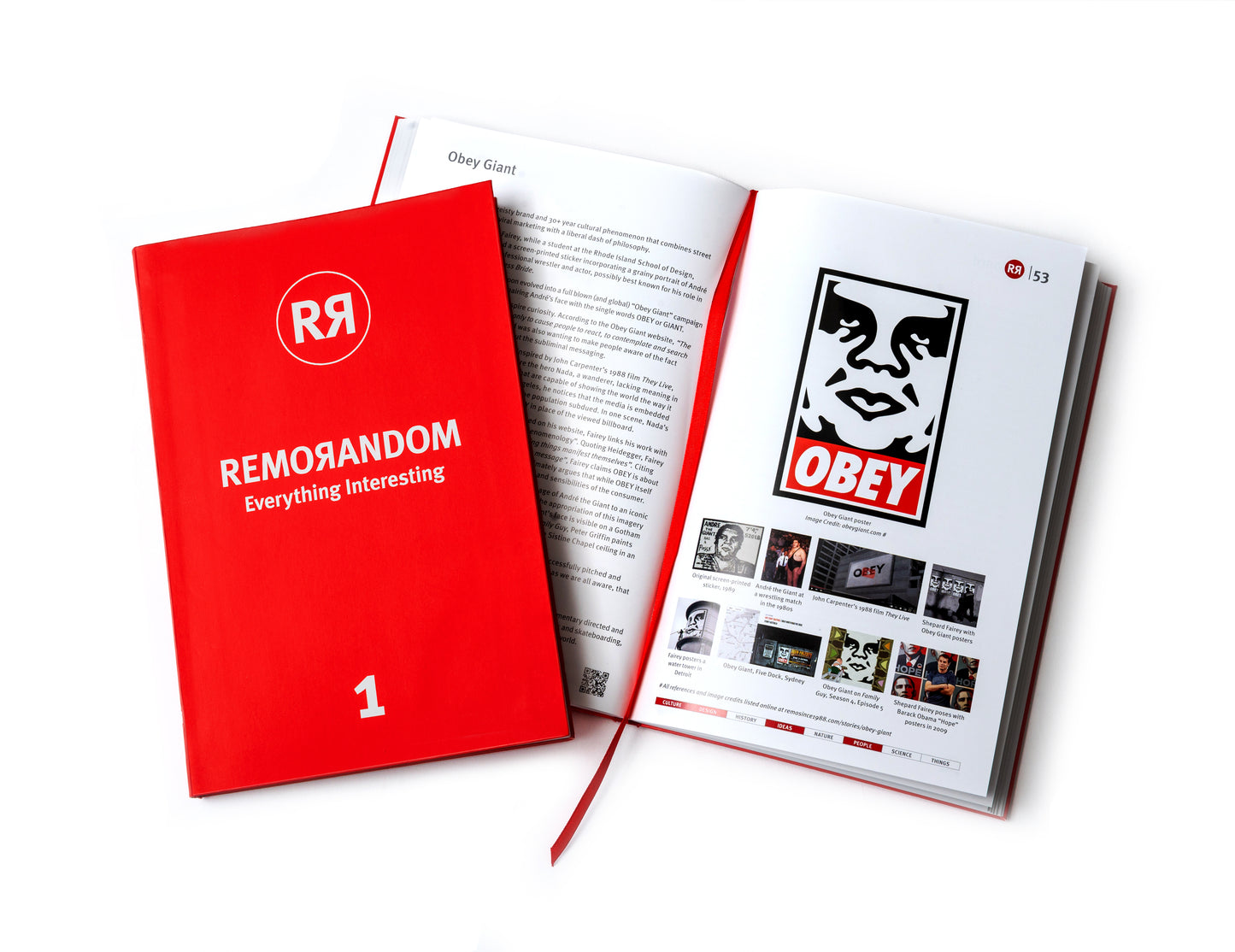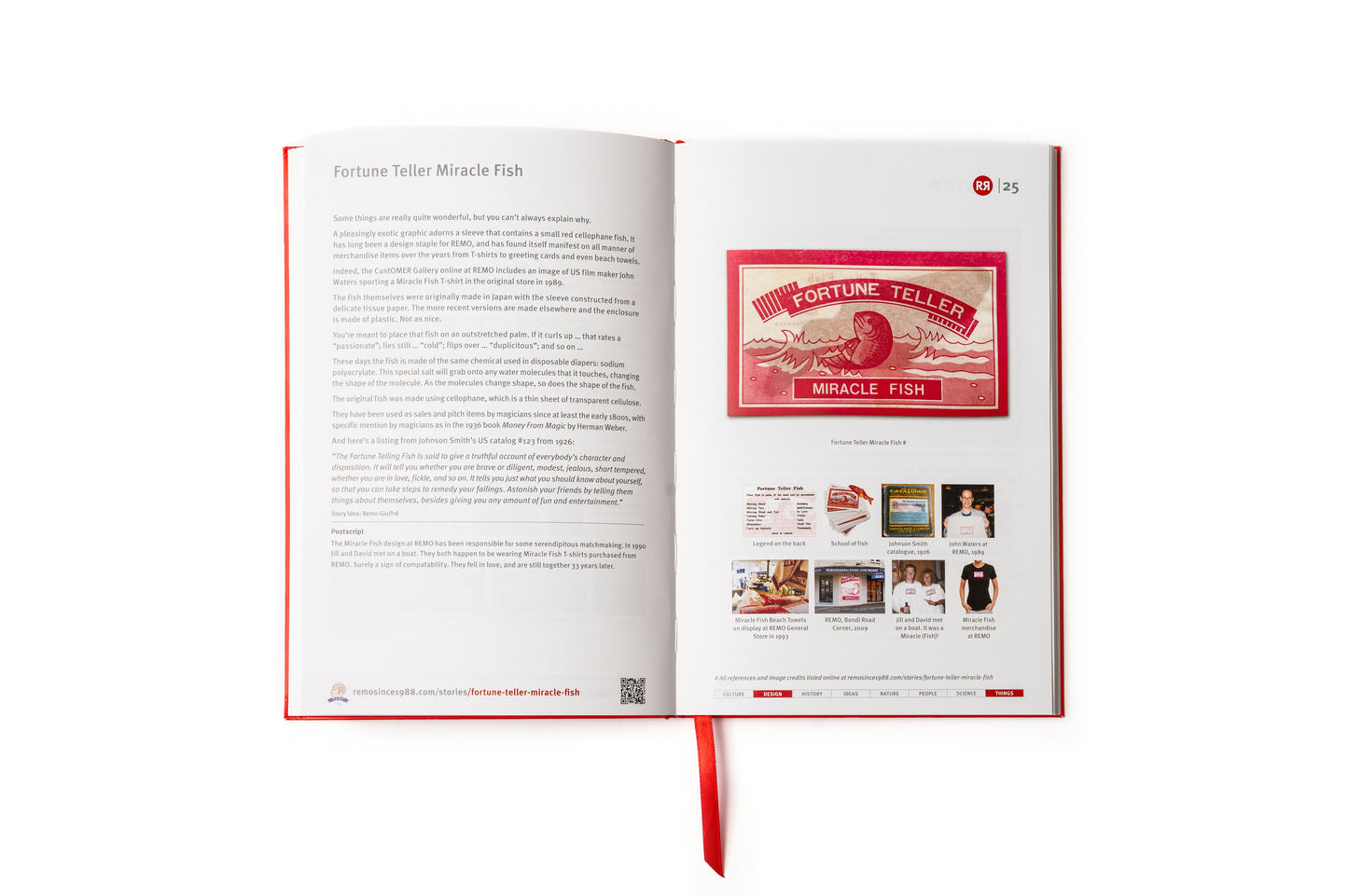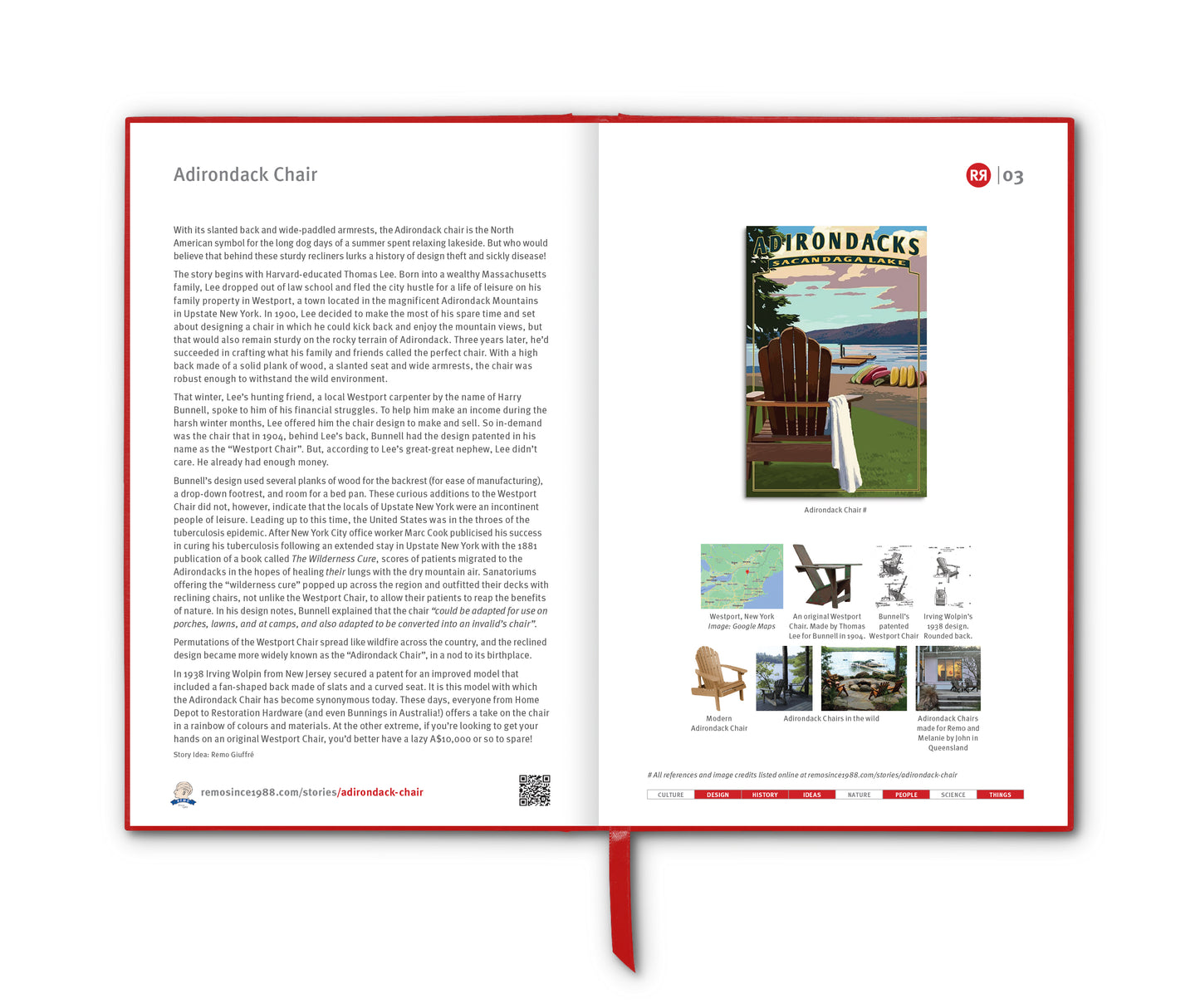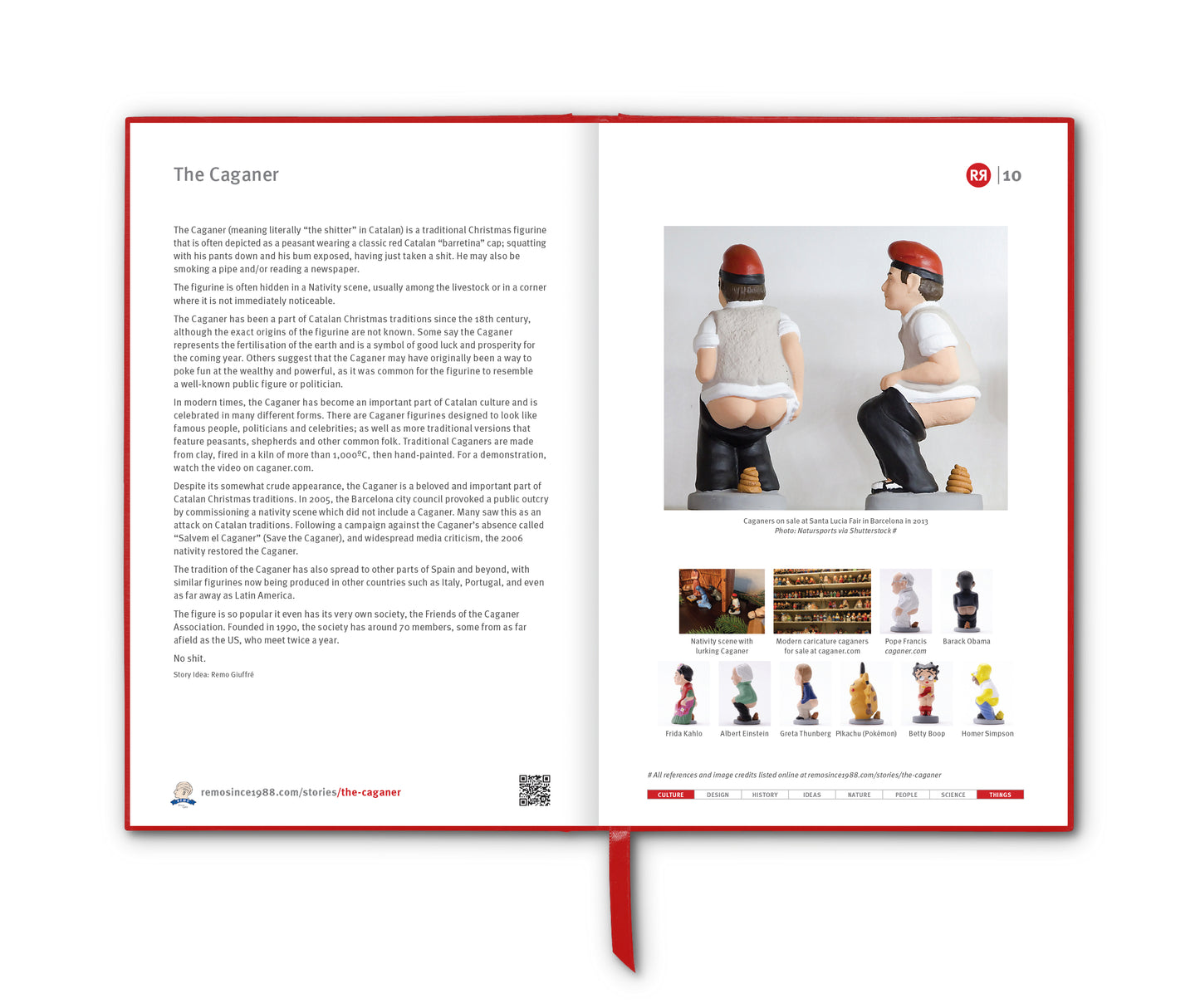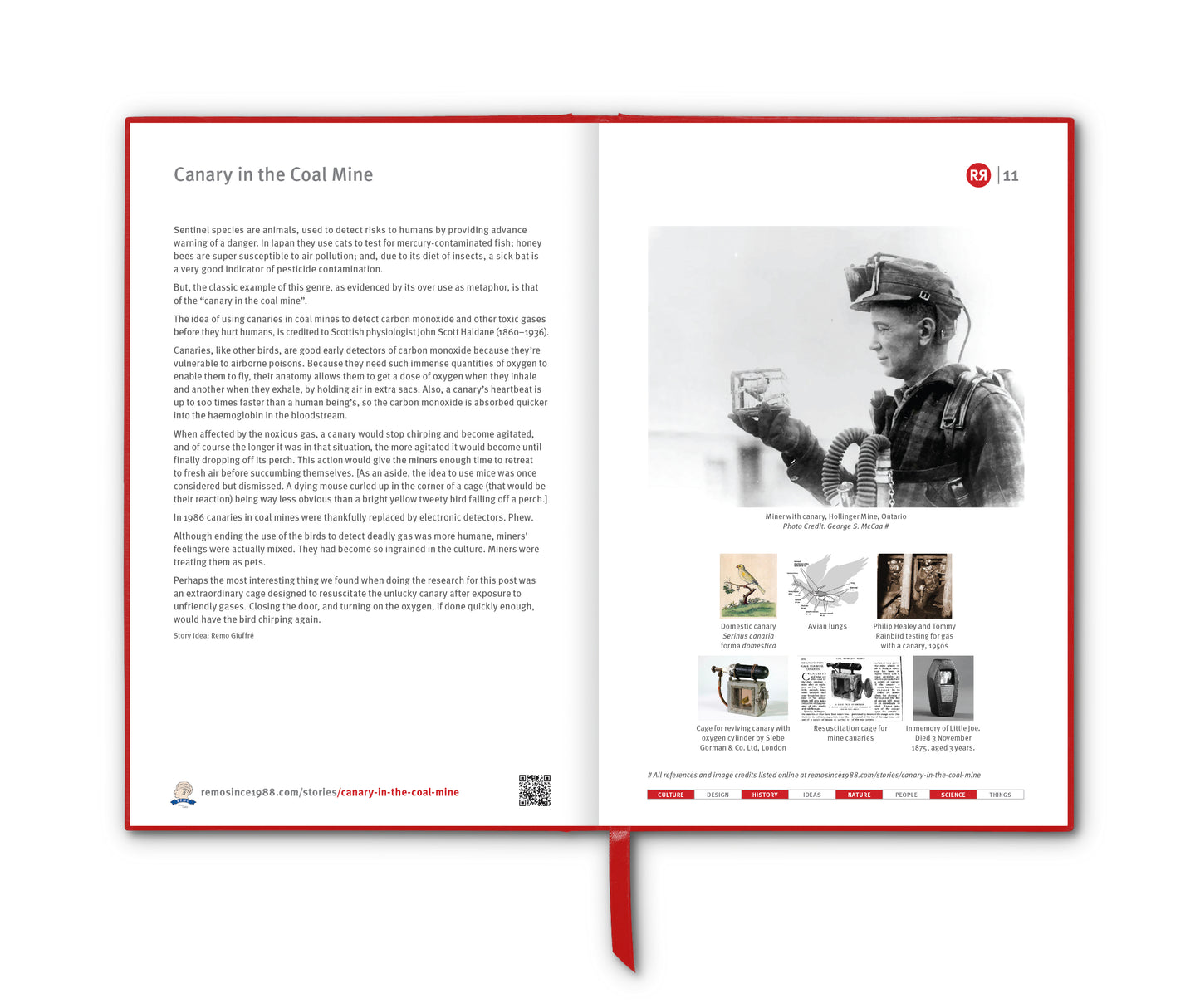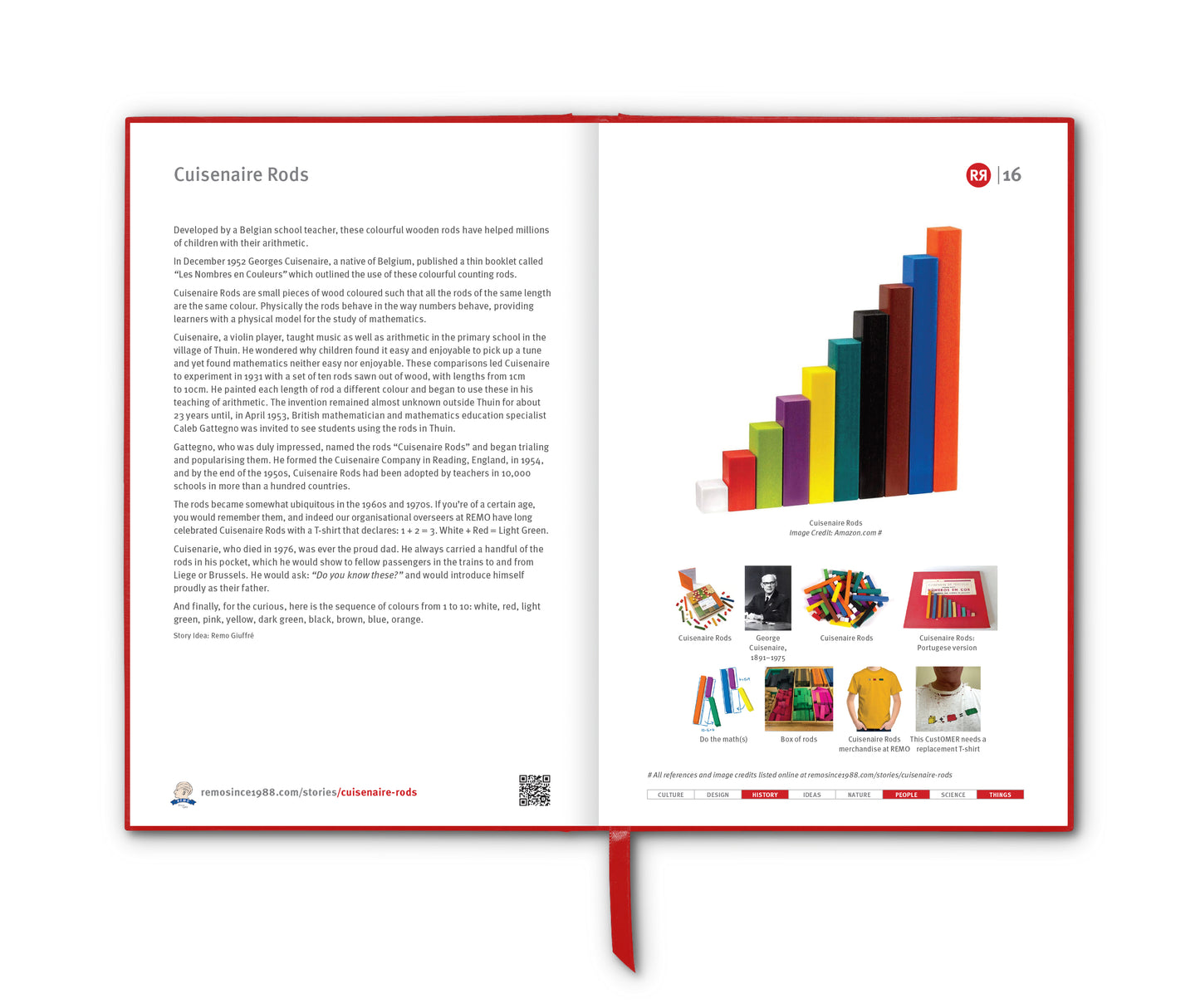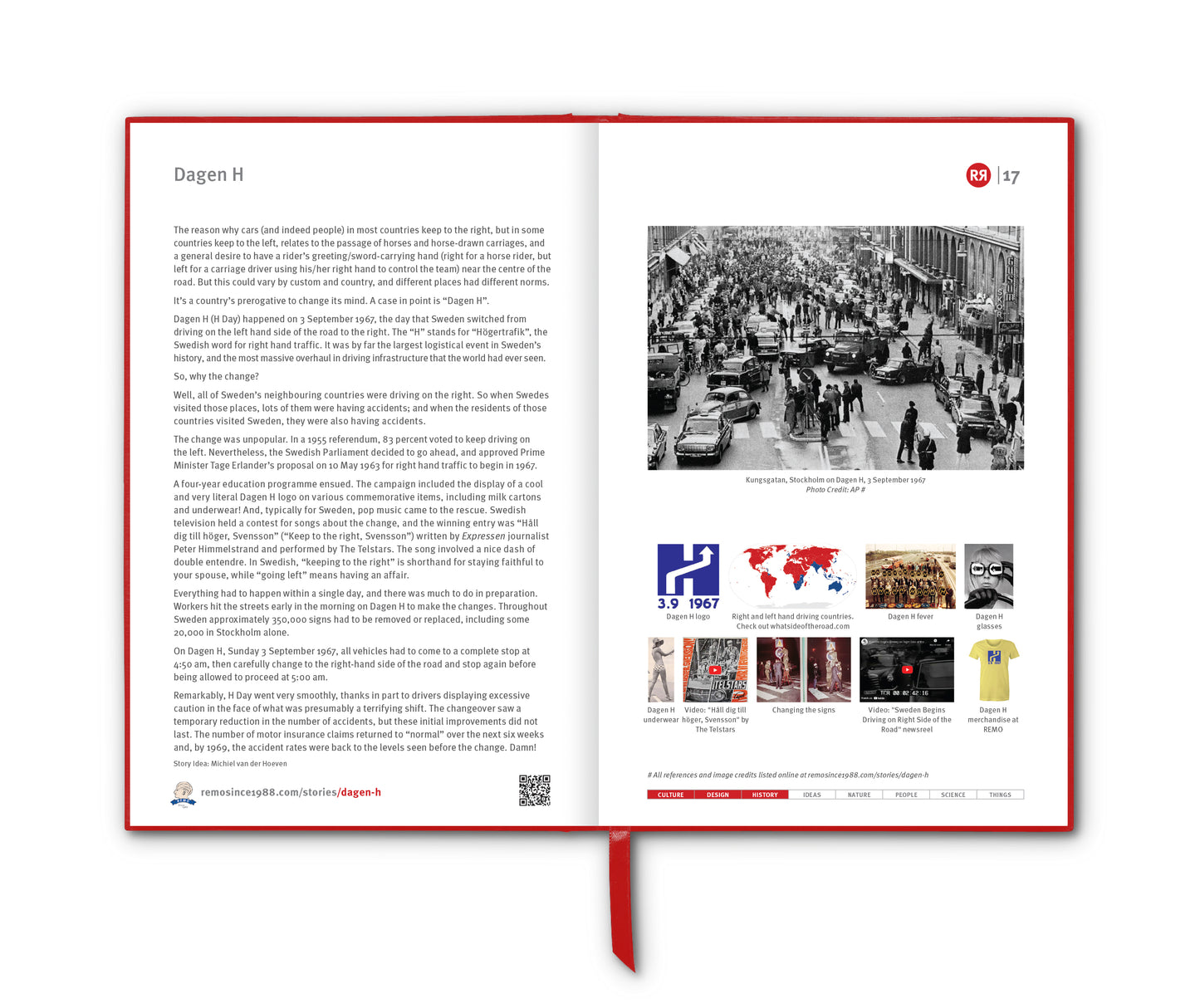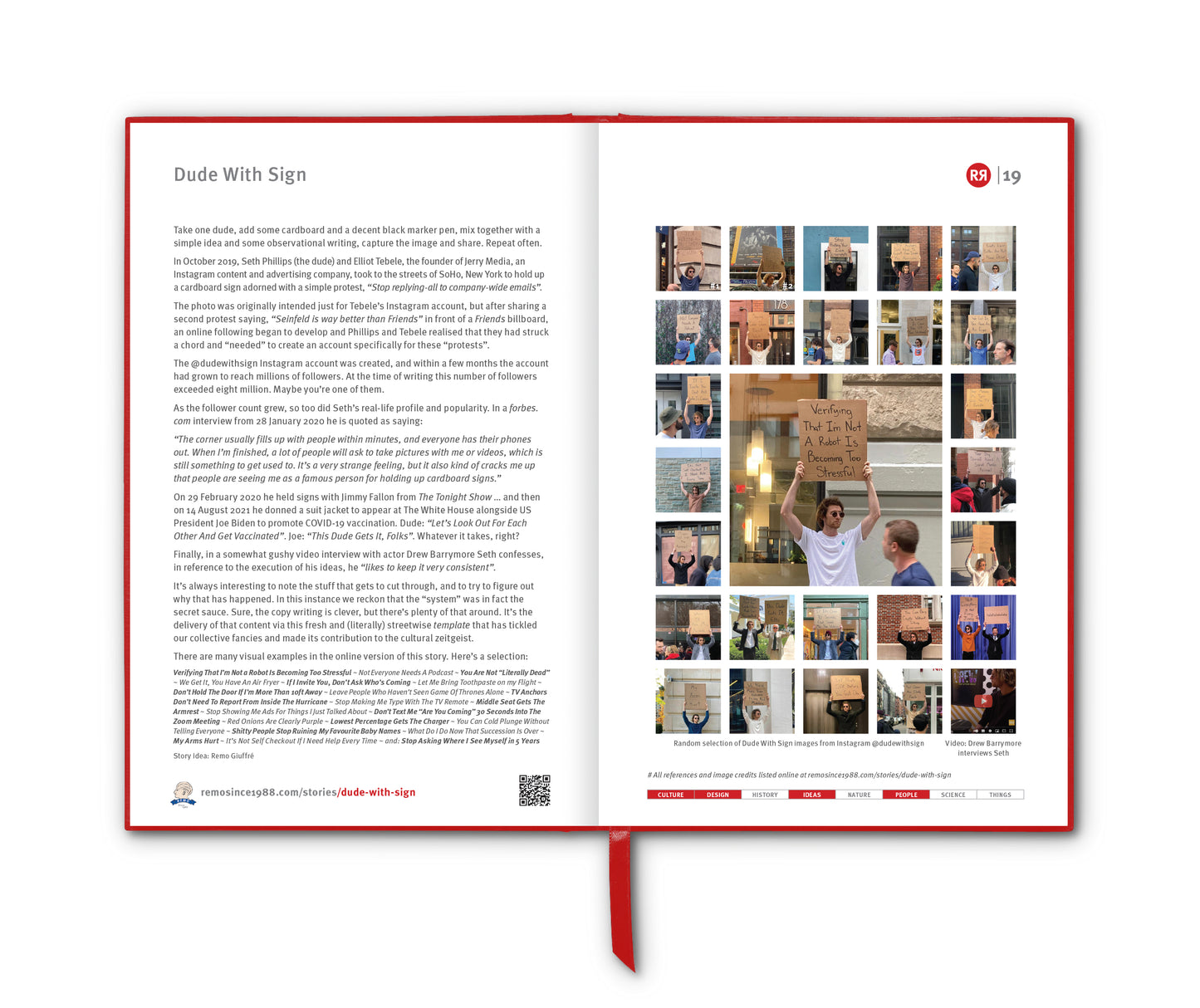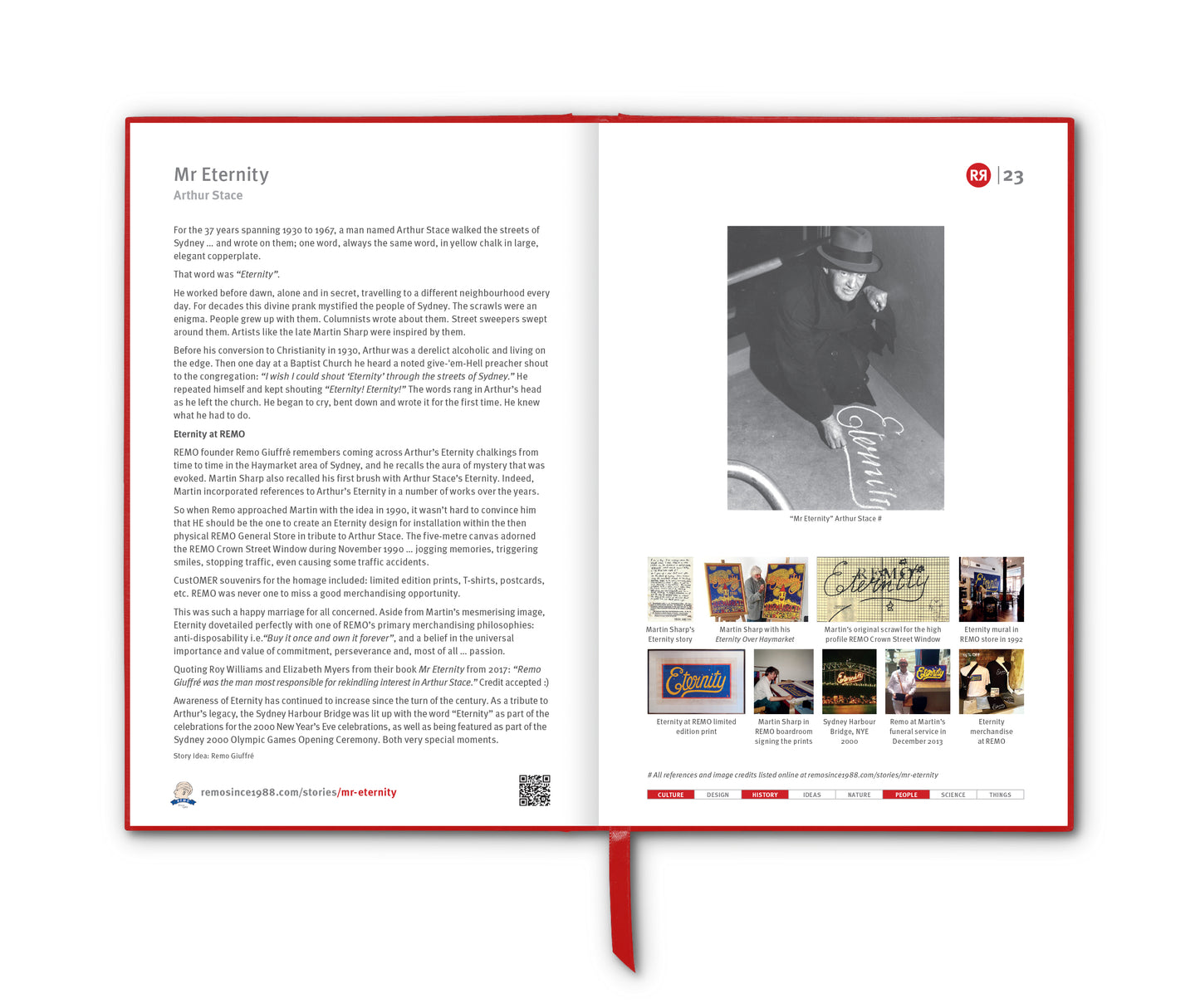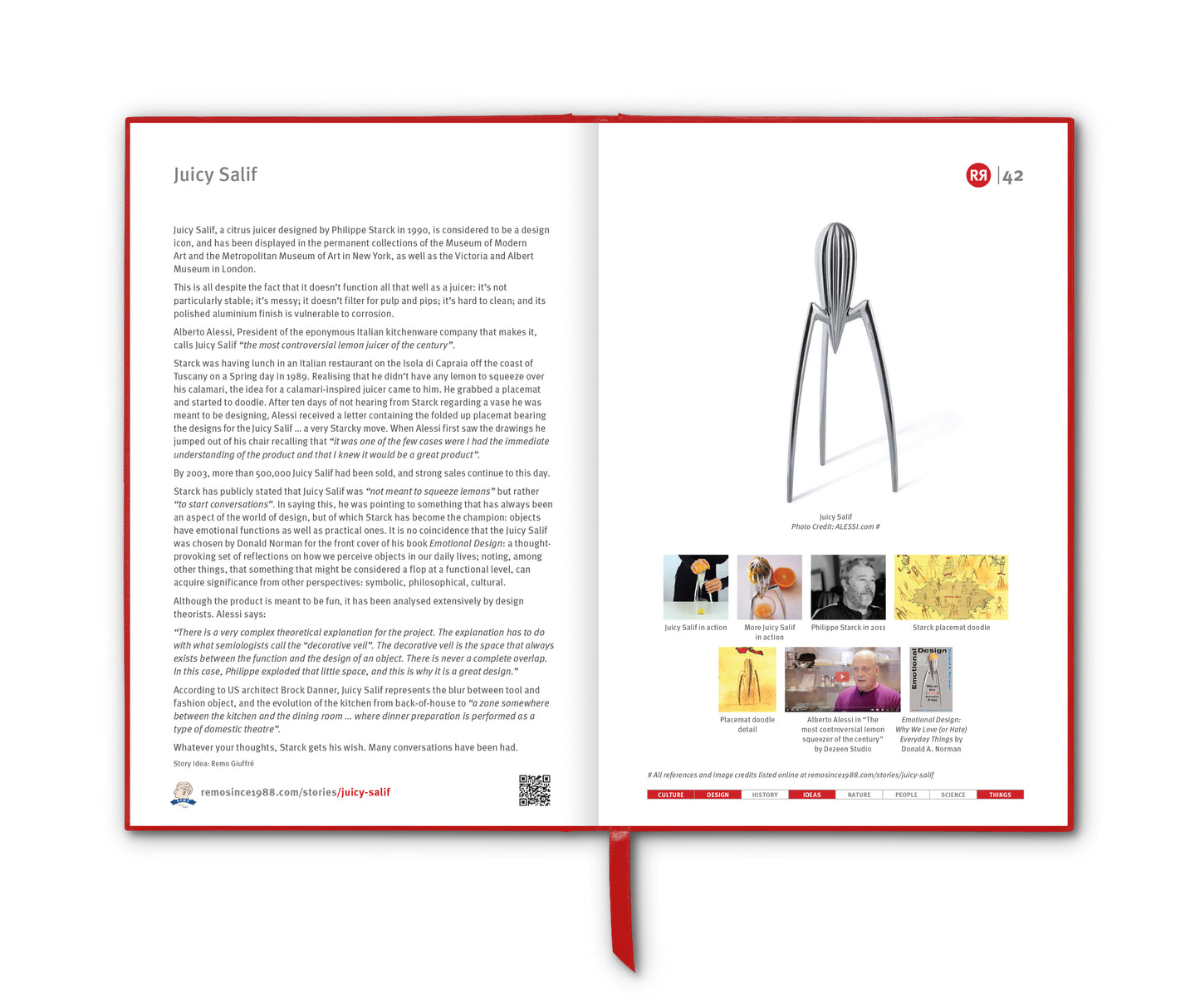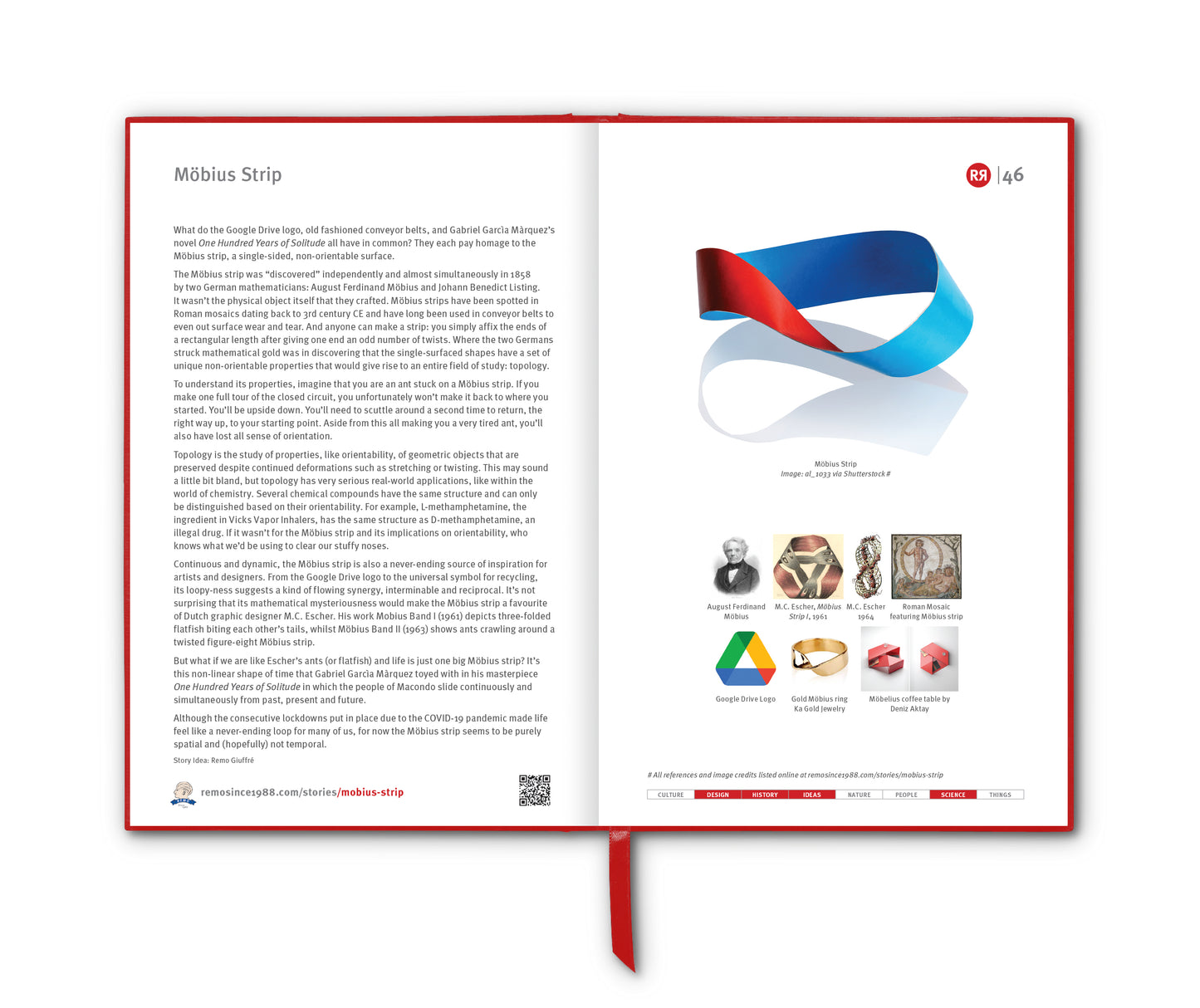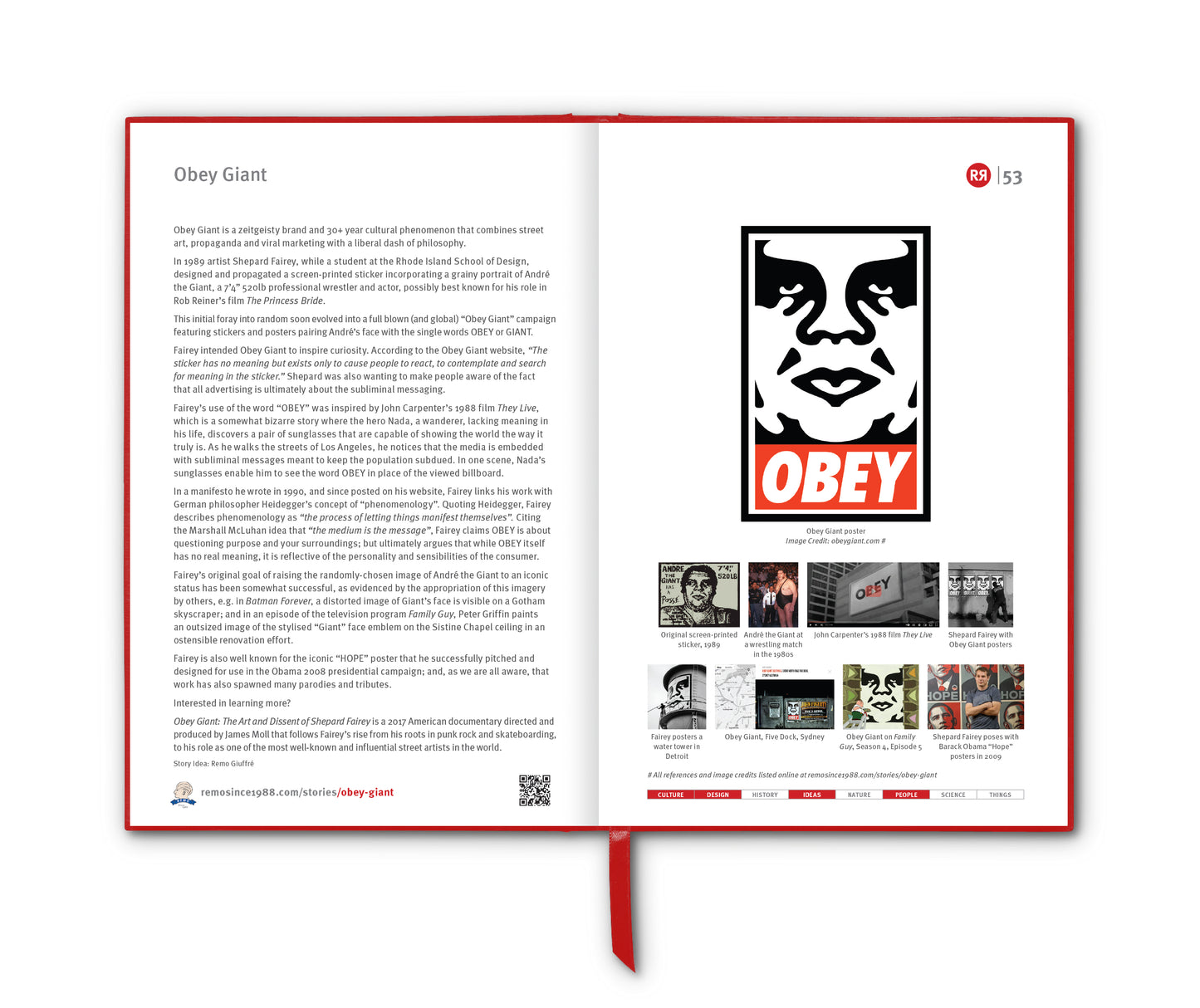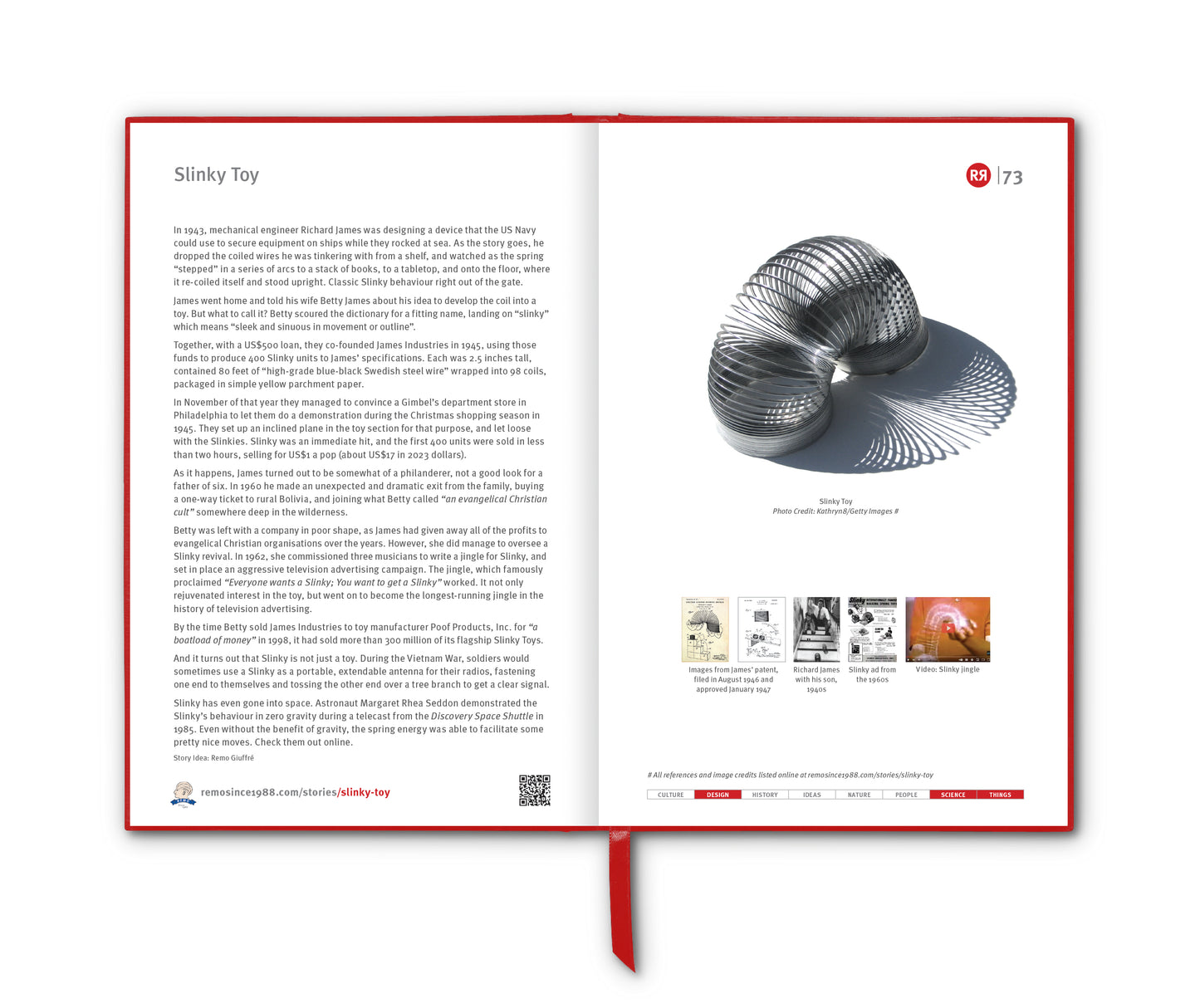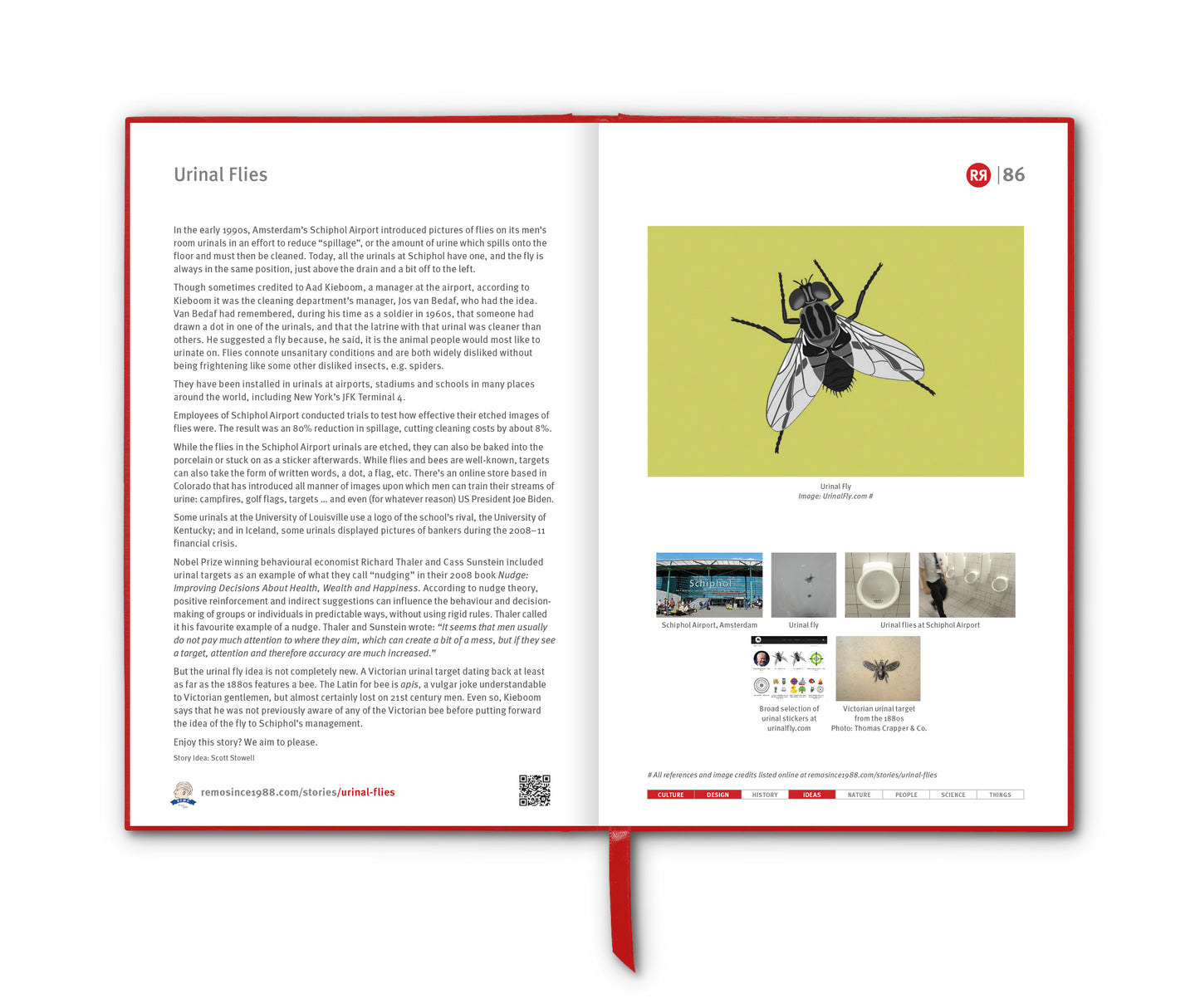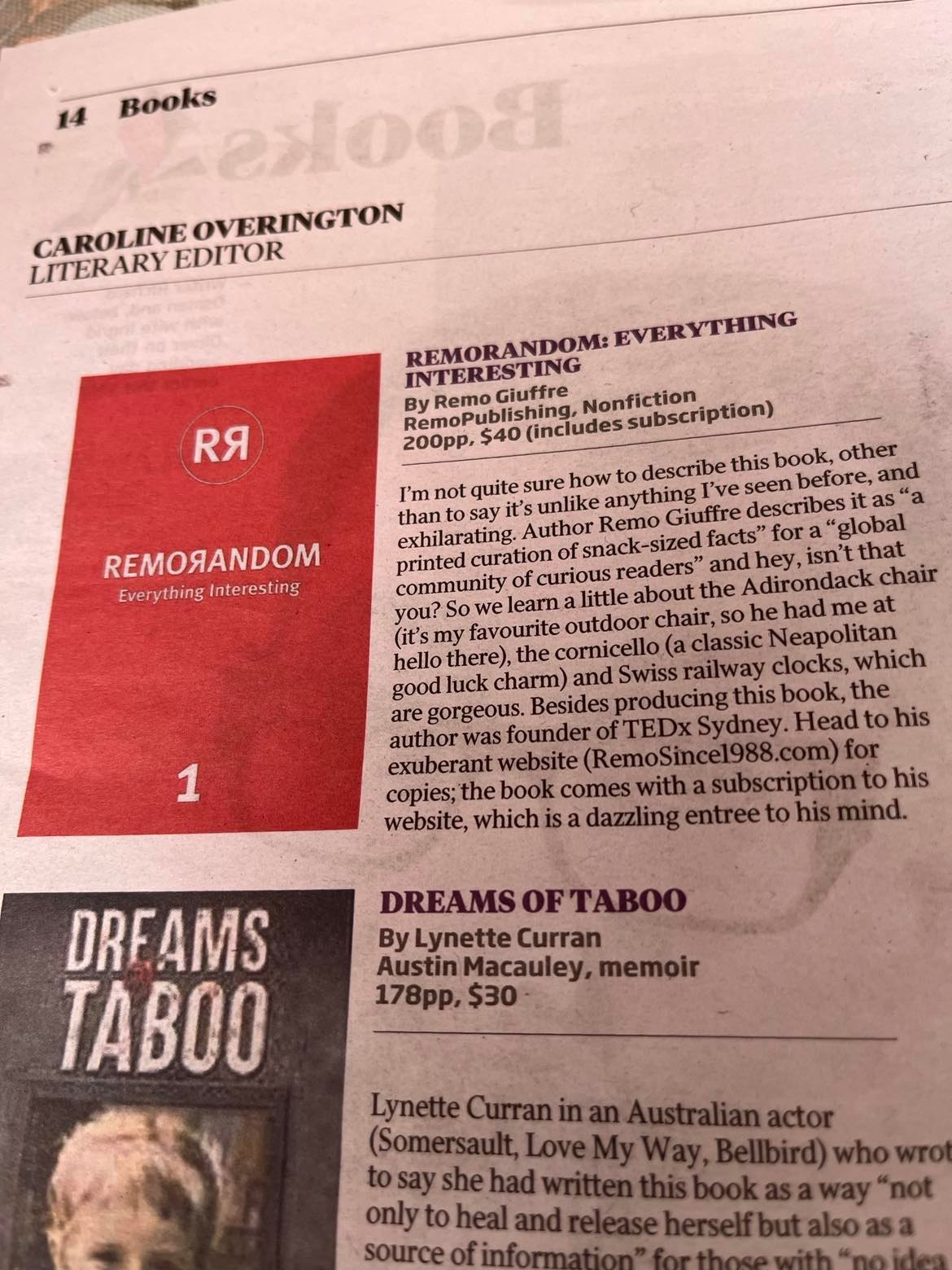Until the end of the 20th century, an encyclopedia was something printed, that typically came in multiple alphabetised volumes, and lived in your book shelves ready to be referenced … but static and frozen in time. The Encyclopædia Britannica, although founded long beforehand in 1768, was a good example of this.
Wikipedia, the free online encyclopedia that anyone can edit, was launched on 15 January 2001, by American Internet entrepreneurs Jimmy Wales and Larry Sanger. That changed everything.
According to The Economist, Wikipedia “has its roots in the techno-optimism that characterised the internet at the end of the 20th century. It held that ordinary people could use their computers as tools for liberation, education, and enlightenment”.
The idea quickly gained traction. By 2004, Wikipedia had versions in over 50 languages, and between 2005 and 2007, it began to emerge as a dominant source of online information. In 2007, the English version surpassed 2 million articles, a number that is today over 3 times that. Watch Jimmy Wales discuss the birth of Wikipedia HERE.
Wikipedia became a trusted source of information despite early criticisms of accuracy, with research showing that its accuracy was comparable (and indeed superior) to traditional encyclopedias like Britannica.
As the number of articles grew, so did its cultural and academic recognition. Wikipedia became a widely cited resource, with students, journalists, and the general public relying on it for quick information.
Wikipedia’s mission of providing free access to knowledge was heralded as a breakthrough in democratising information. It aligned with the broader open-source and open-access movements. People on Wikipedia essentially come together to write history in real time.
The Wikipedia community has played a pivotal role in its success, and the nonprofit Wikimedia Foundation that oversees it, has pioneered innovative governance models, from consensus-building to the introduction of policies like Neutral Point of View (NPOV), Wikipedia's core non-negotiable editorial policy, encouraging editors to provide balanced perspectives on contentious topics.
But, it hasn’t all been plain sailing. Along with an ongoing sustainability challenge that involves raising money from donations to cover its annual expenses, Wikipedia has endured its fair share of controversies. One of the perennial issues with Wikipedia has been vandalism, where users deliberately edit pages with false or inappropriate content. Though Wikipedia has developed strong mechanisms to address this (including edit wars, and bot-driven patrols), it remains a constant challenge. It is hoped that artificial intelligence and machine learning for content moderation and editor assistance, will enable systems to flag potentially controversial or false information more and more efficiently. Let’s hope.
Critics have also pointed out systemic biases in Wikipedia’s content, particularly regarding gender, ethnicity and geography. A 2011 study found that about 91% of Wikipedia editors were male, and this lack of diversity has affected the coverage of topics related to women and minority groups. One of the Wikimedia Foundation’s key goals for the future is to increase diversity among contributors.
Wikipedia has had a profound impact on the digital landscape, evolving from a novel experiment in open collaboration to one of the most visited and influential websites in the world. Research without Wikipedia (or something similar) would not be nearly as convenient or interesting.
Speaking of which, do check out @depthsofwikipedia on Instagram – a fascinating and humorous exploration of the more obscure, bizarre and quirky corners of Wikipedia. Created as a social media project in 2020 by Annie Rauwerda, a then student in neuroscience at the University of Michigan, the project has since expanded to other social media platforms, where it highlights the weird, wonderful, and often forgotten articles that exist in the vast expanse of the online encyclopedia. In this amusing TEDxUofM talk from 2023, Annie talks about her longstanding fascination with the random and maintains that “trivia is an invitation to learn more about a subject”. Naturally, and as evidenced by the ongoing development of REMORANDOM, we would agree!
________________________
References
wikipedia.org/wiki/Wikipedia
wikipedia.org/wiki/History_of_Wikipedia
wikimediafoundation.org/
economist.com/international/2021/01/09/wikipedia-is-20-and-its-reputation-has-never-been-higher
wikipedia.org/wiki/Depths_of_Wikipedia
Images
1. Wikipedia logo, 2010
2. Jimmy Wales, August 2019
3. The Wikipedia home page on December 20, 2001
4. Wikipedia articles by language, March 2024. Credit: Arief Azazie Zain
5. Wikipedia monument in Słubice, Poland by Mihran Hakobyan, 2014
6. Video: The birth of Wikipedia, Jimmy Wales at TEDGlobal in Oxford, England, July 2005
7. Annie Rauwerda, photographed by Ian Shiff, February 2023
8. Depths of Wikipedia logo
9. Diego (tortoise) had so much sex he saved a species
10 Video: The Joy of Learning Random Things on Wikipedia, Annie Rauwerda, TEDxUofM, 2023


















